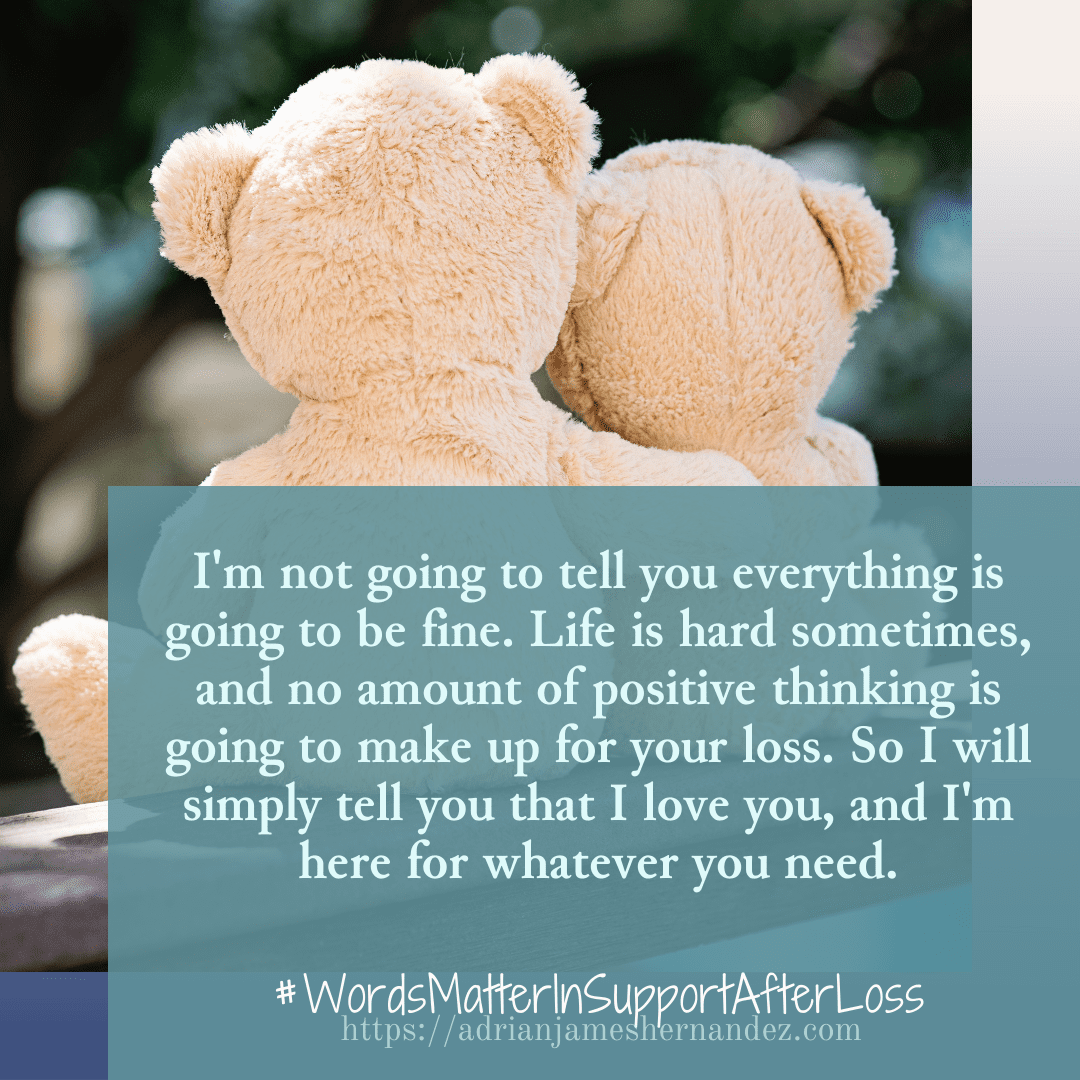Many years ago in the Before, my then-boyfriend asked me not to use the phrase, “I love you, but—”.
And I think this is something we can do sometimes, often without even thinking about it:
“I love you, but your laundry is all over the floor.”
“I love you, but I’m annoyed with you right now.”
As he pointed out at the time, though, the word ‘but’ is minimizing; it carries a connotation that negates the importance of the statement that came before.
And maybe this is a silly complaint when we’re talking about laundry, but how often does this word creep into other aspects of our lives? How often do we feel an obligation to use the word ‘but’ when talking about things so much more heavy?
My son is dead, BUT I have a living daughter.
Some people said hurtful things to me after his death, BUT some people said things that were beautiful.
Stillbirth occurs in 1 in 160 pregnancies, BUT this isn’t super common.
Are these phrases helpful? Or do they feel minimizing?
Does the fact that good things exist in the world automatically need to accompany stories of tragedy?
I think back to that conversation with my boyfriend, and how it became a turning point with me; something I’ve internalized. The word ‘but’ has it’s place, BUT it’s never required.
My son is dead. That fact hurts.
My daughter is living. That fact is separate.
Some people said hurtful things to me after his death. Those things hurt.
Some people said beautiful things to me after his death. Those things are separate.
Stillbirth occurs in 1 in 160 pregnancies. That statistic is important.
Stillbirth doesn’t occur in 159 out of 160 pregnancies. That statistic is separate.
And all of these statements are equally valid, and none of these statements require a ‘but’.
My experience feels a lot more valid when I remove all the “buts”.


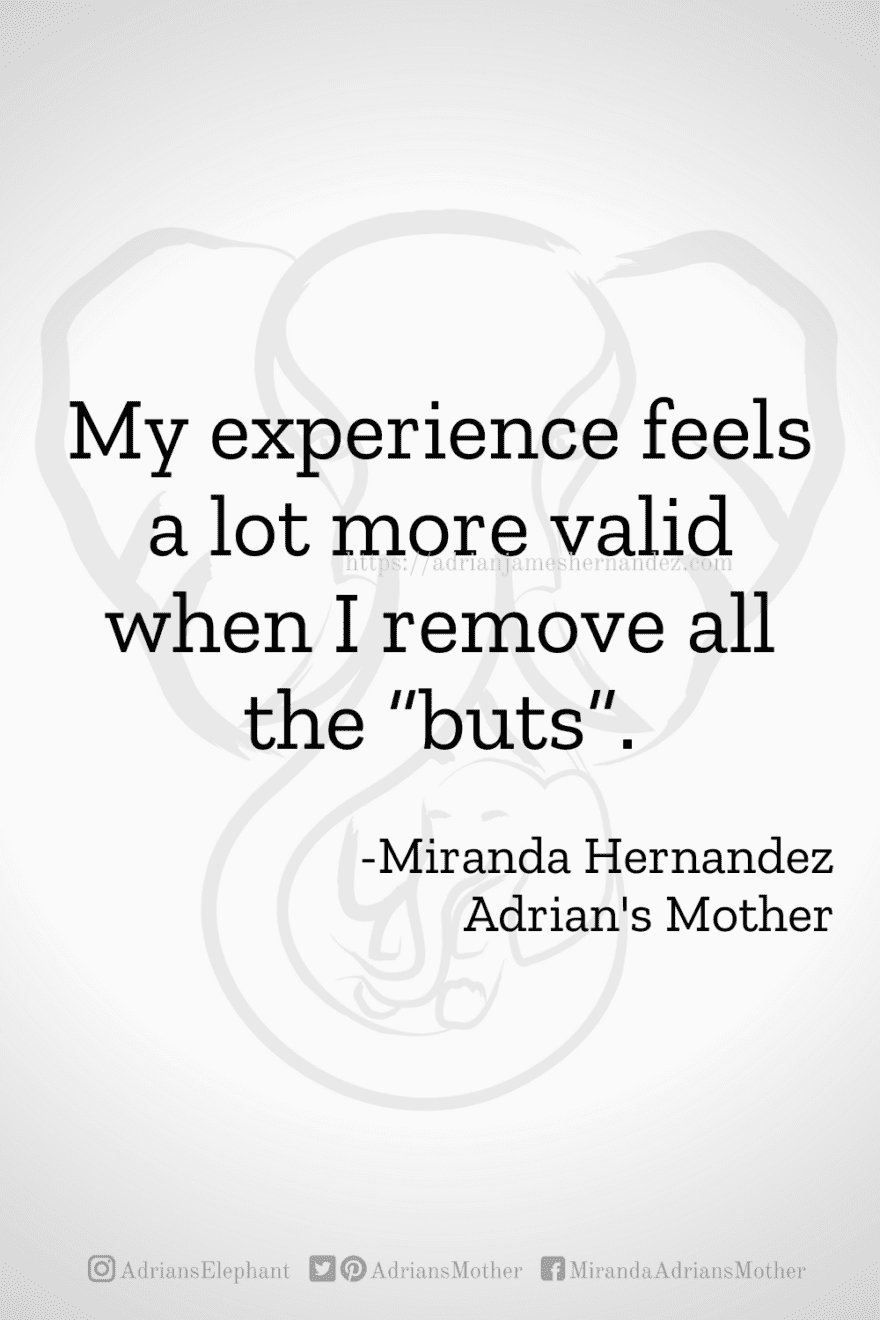


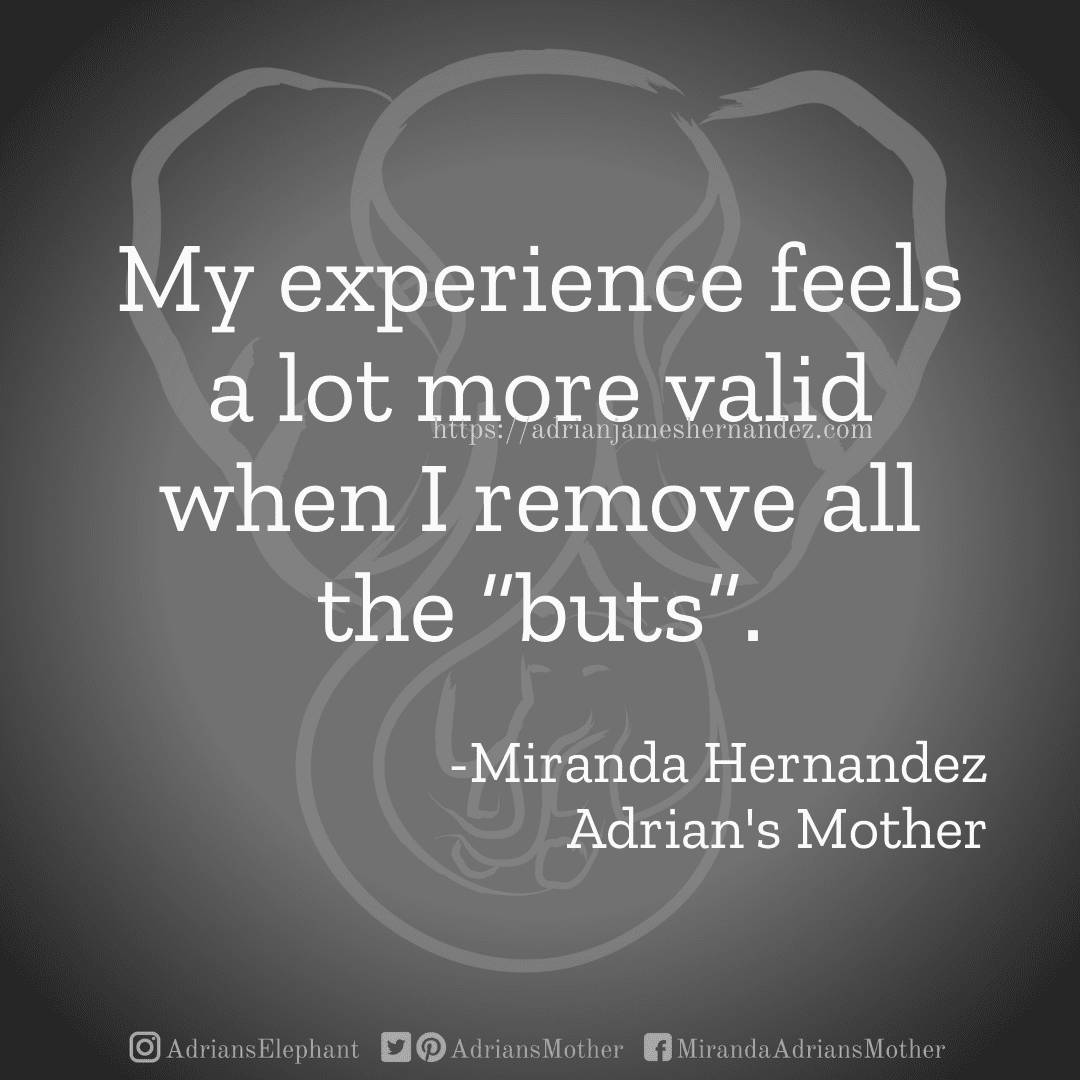

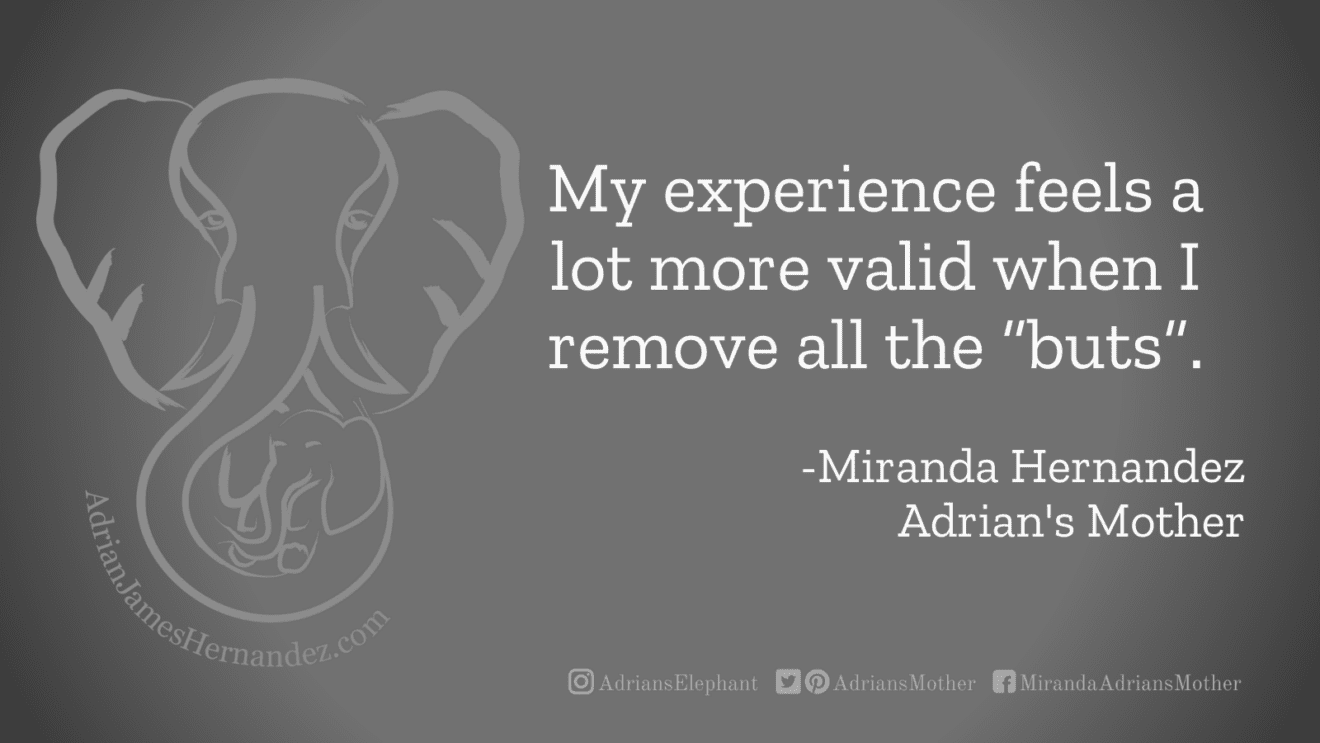
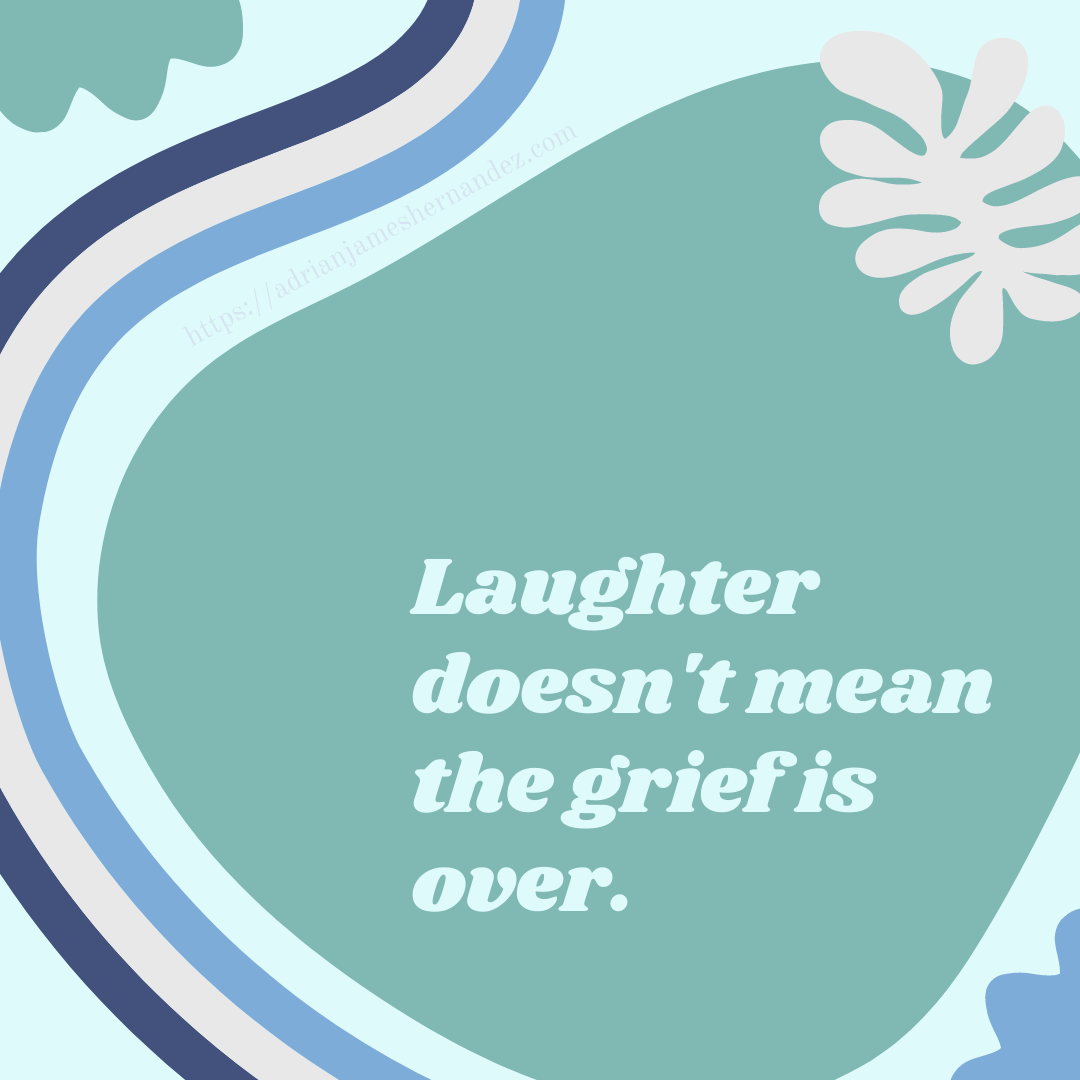
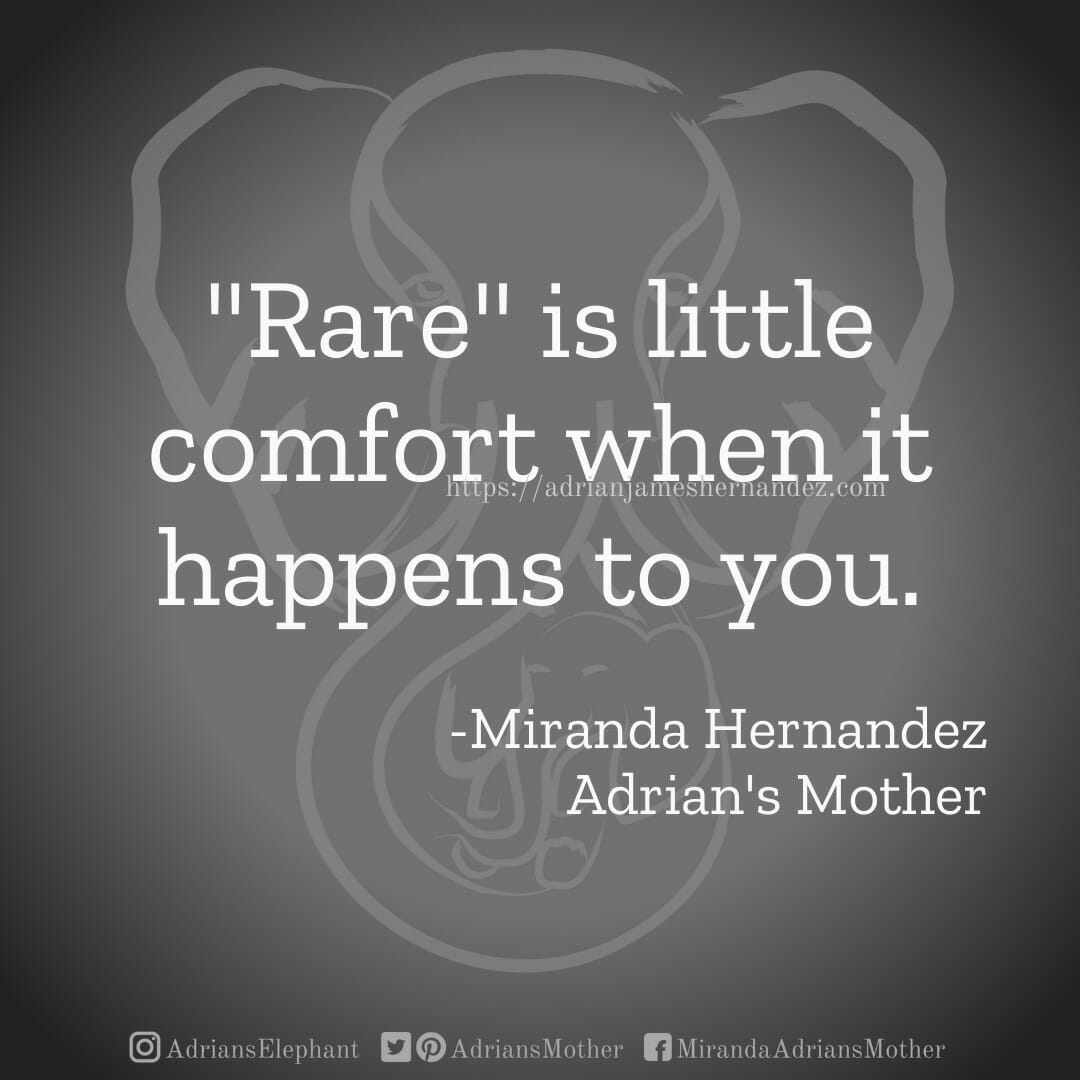


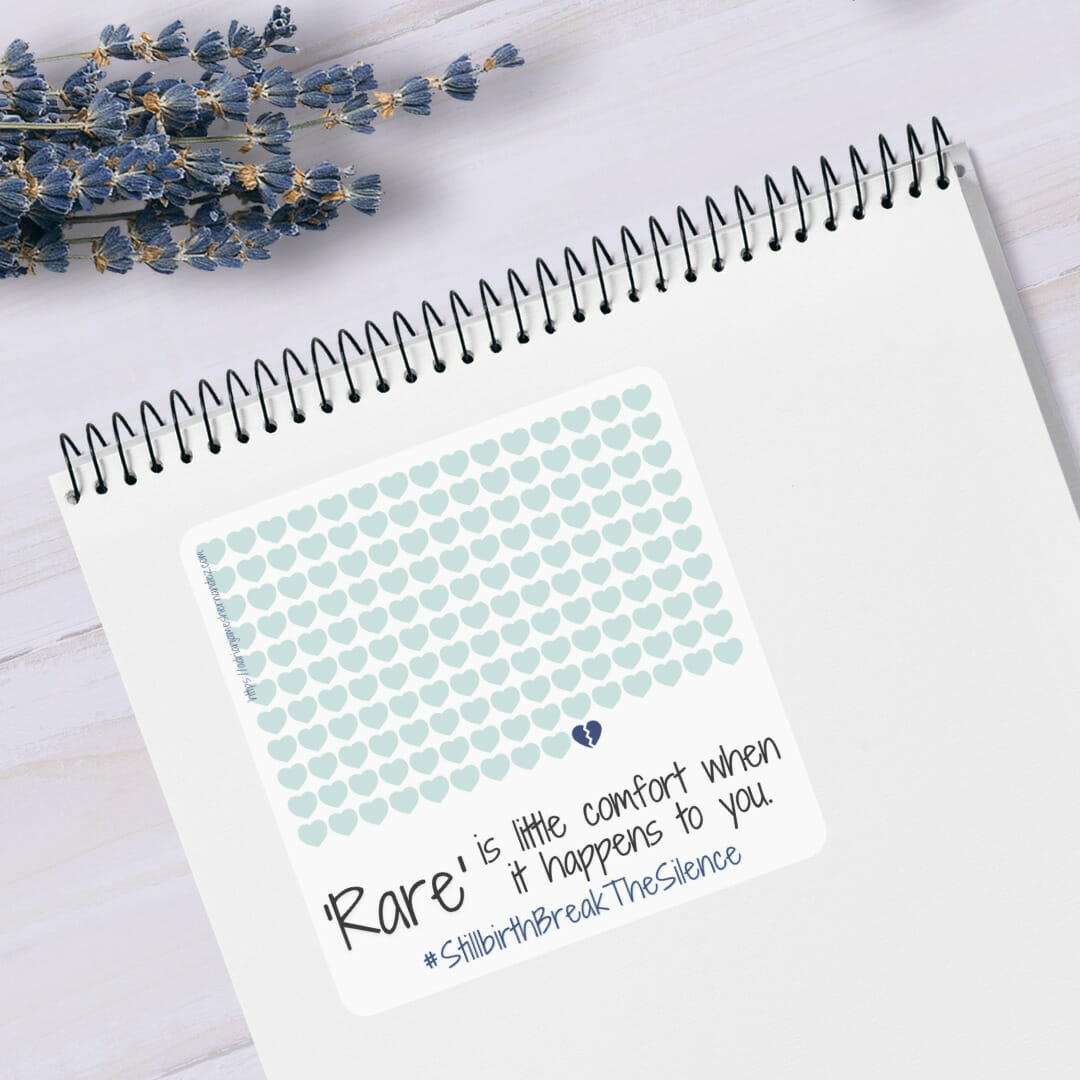





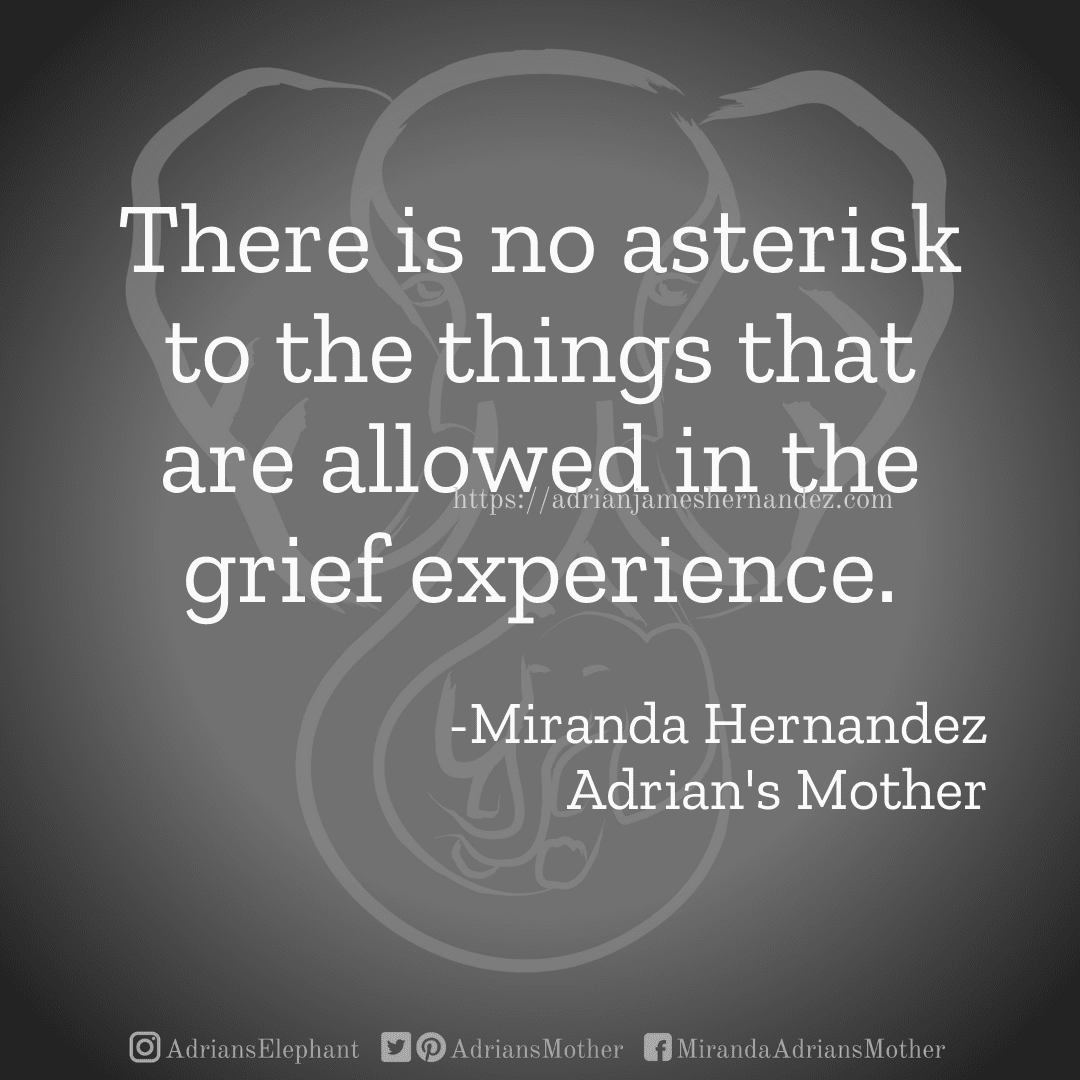


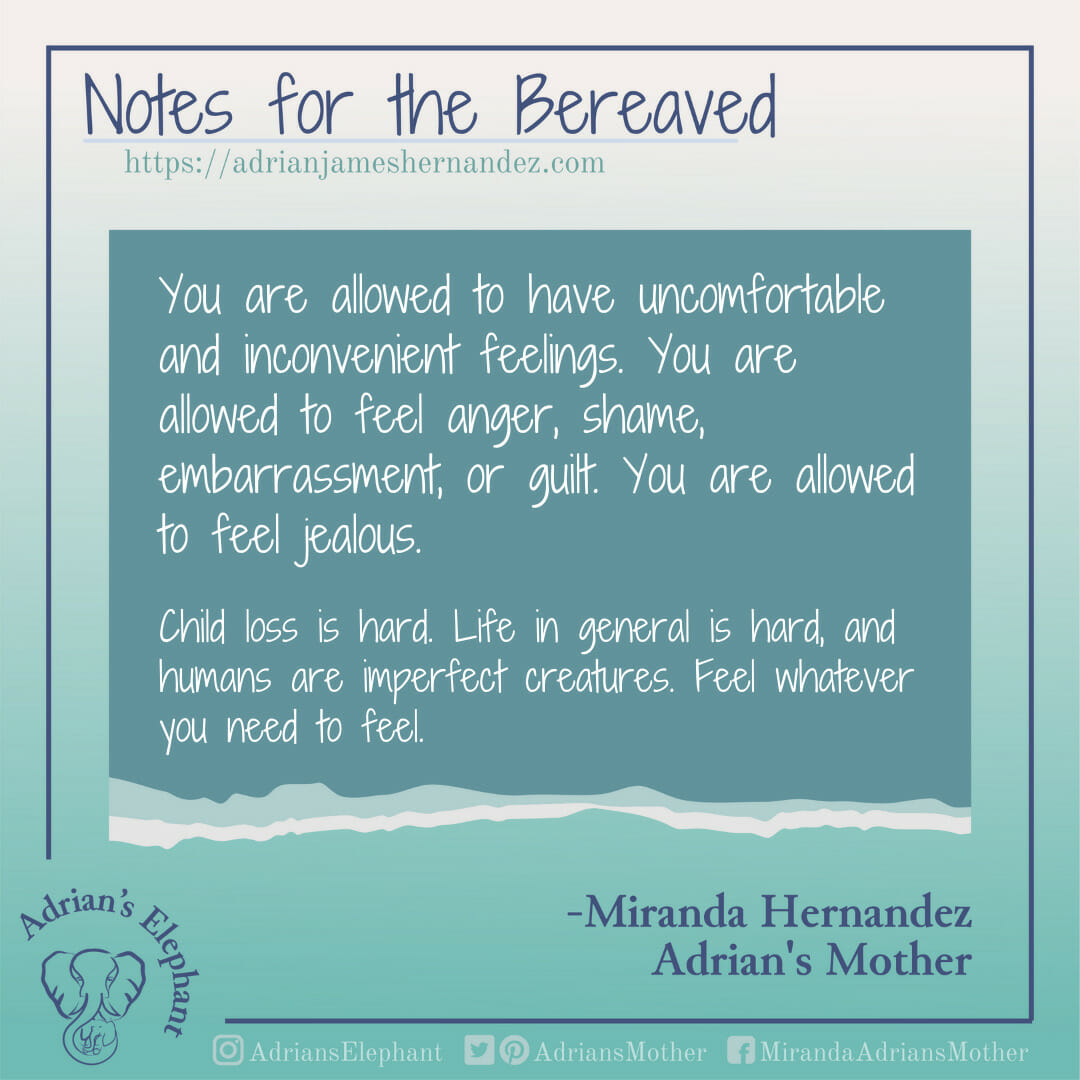



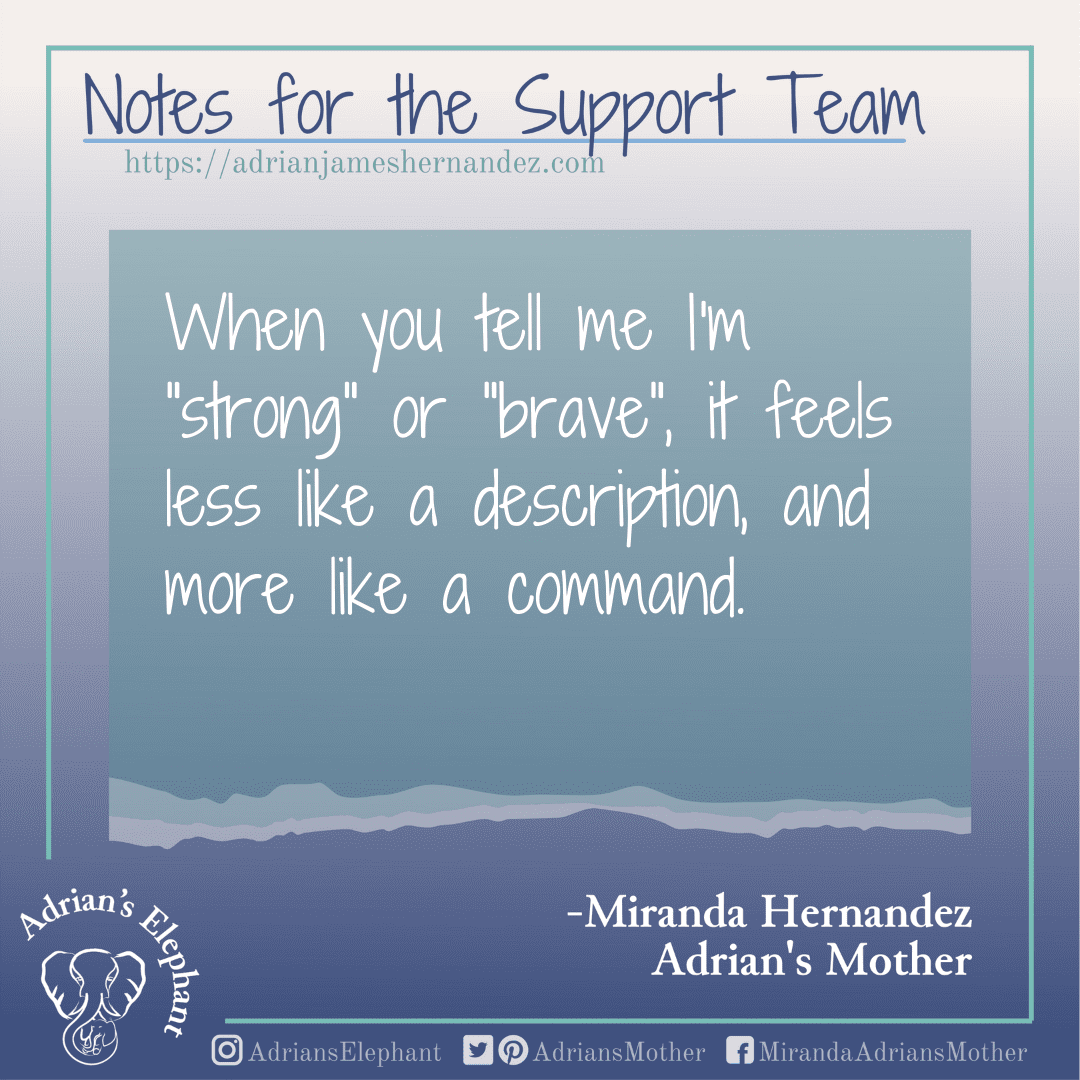
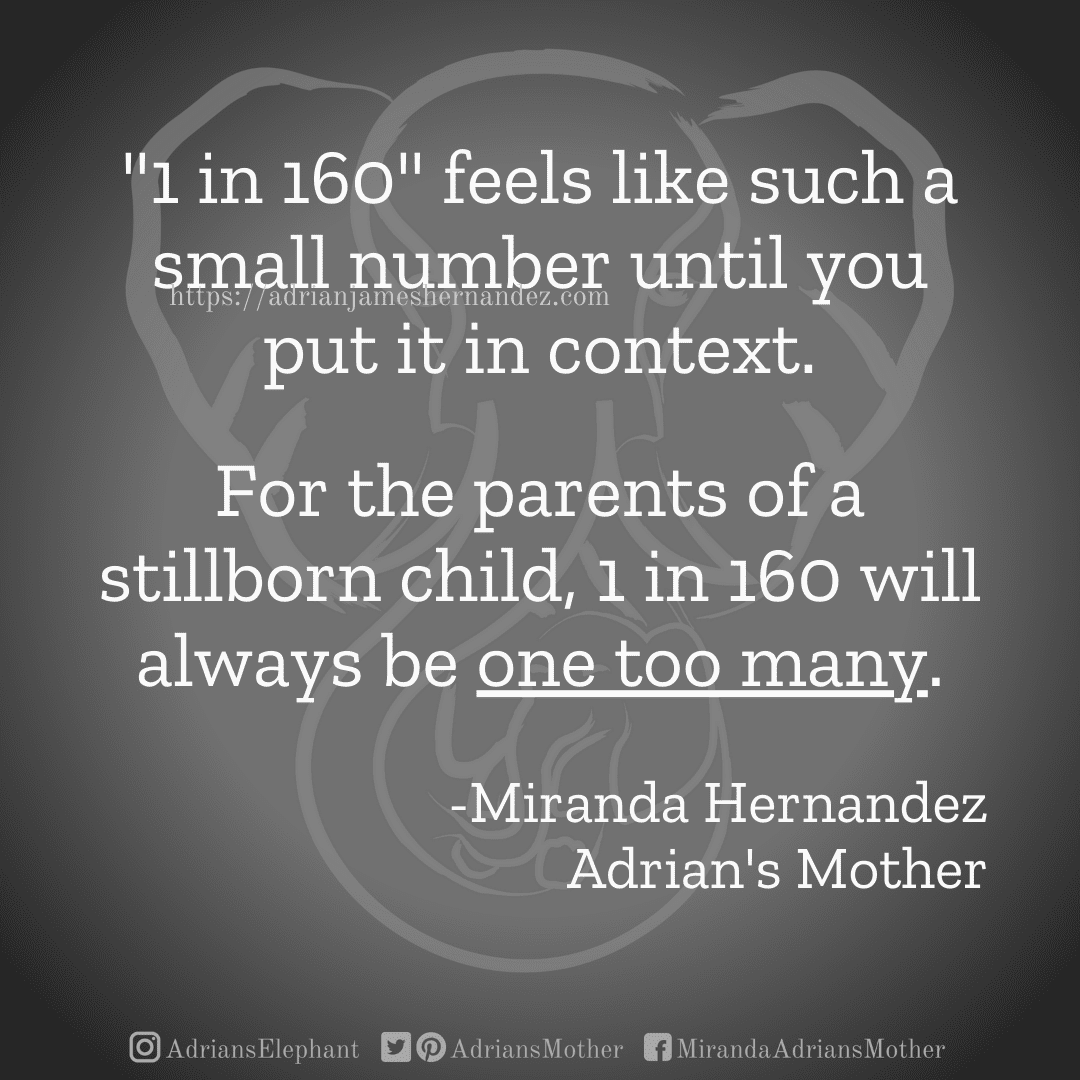













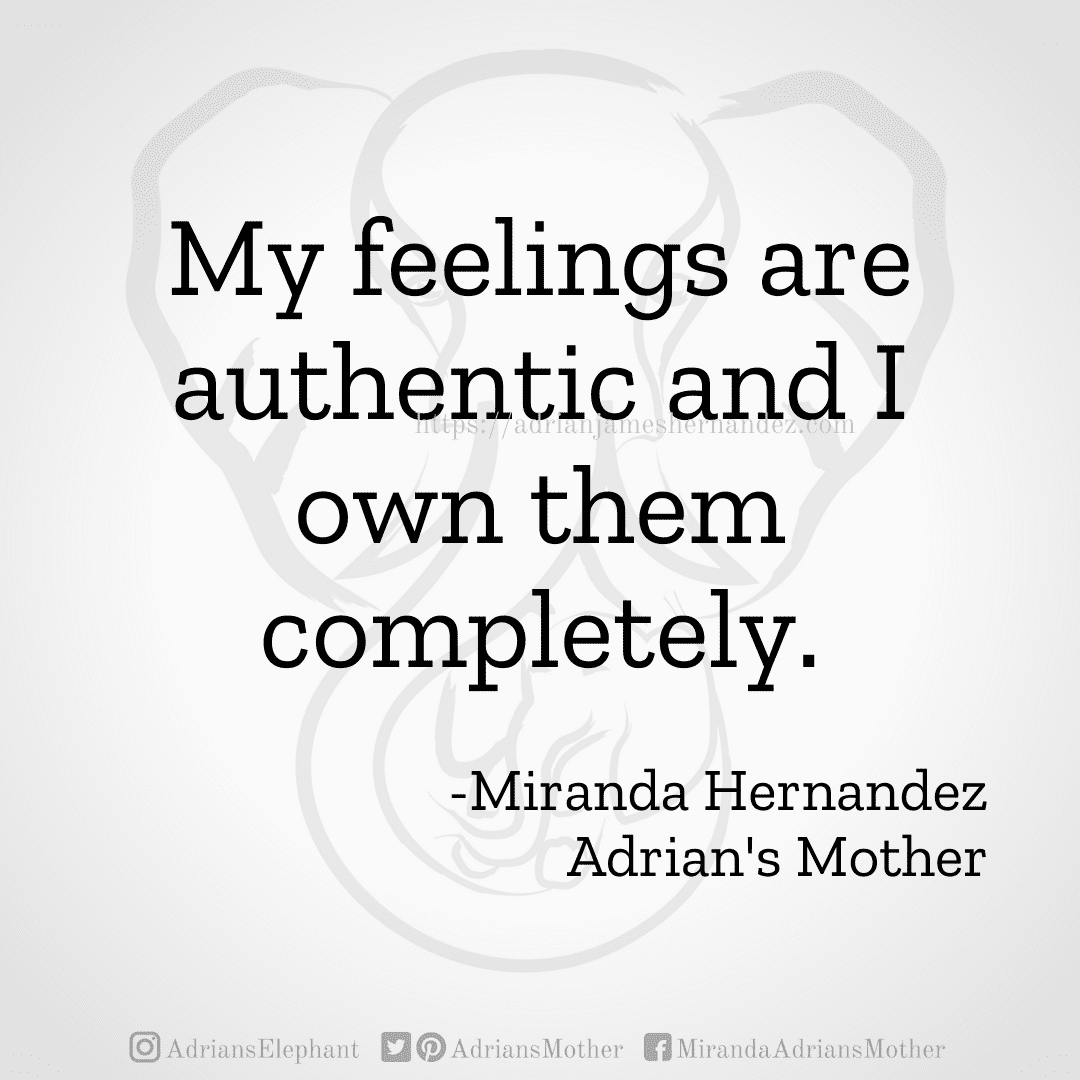


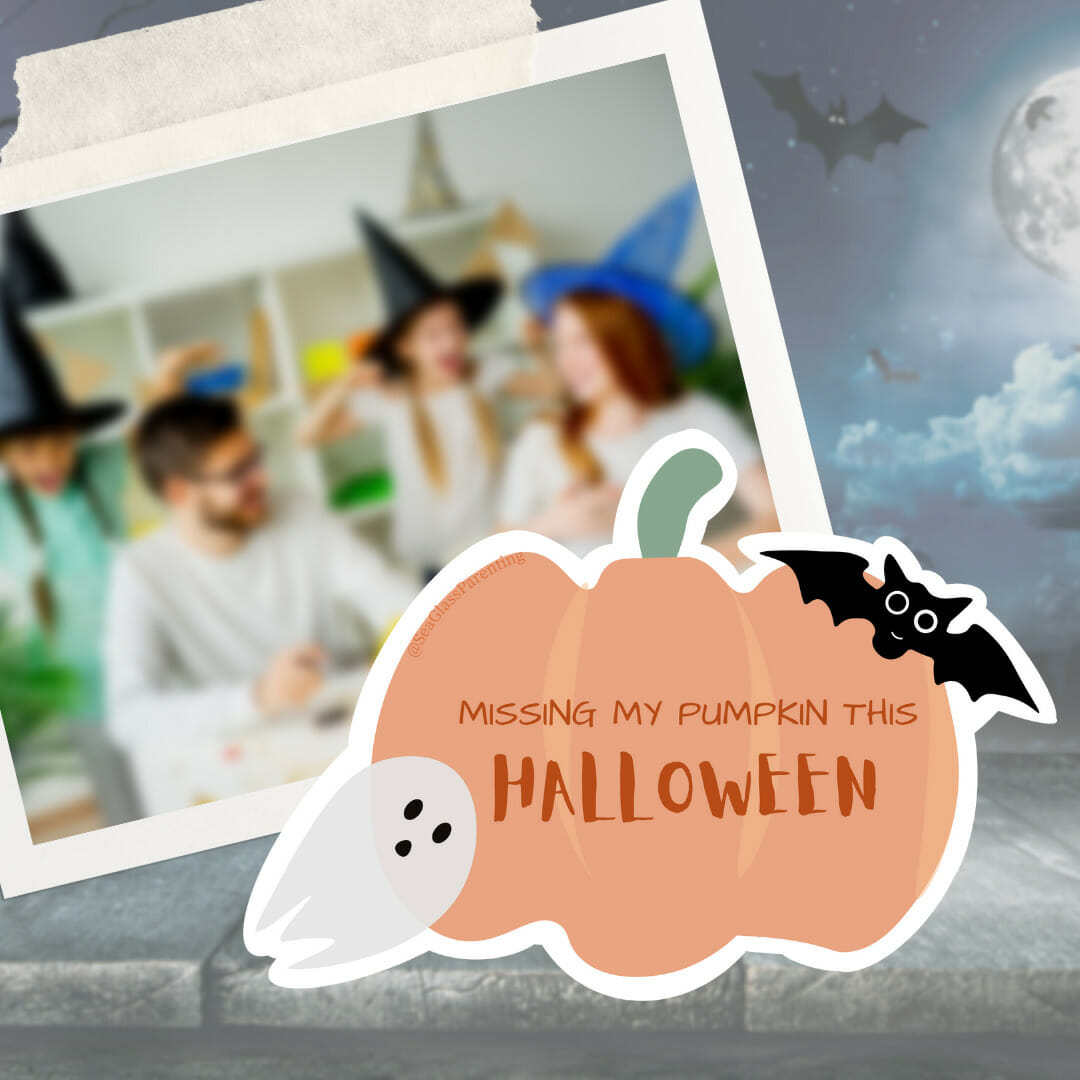
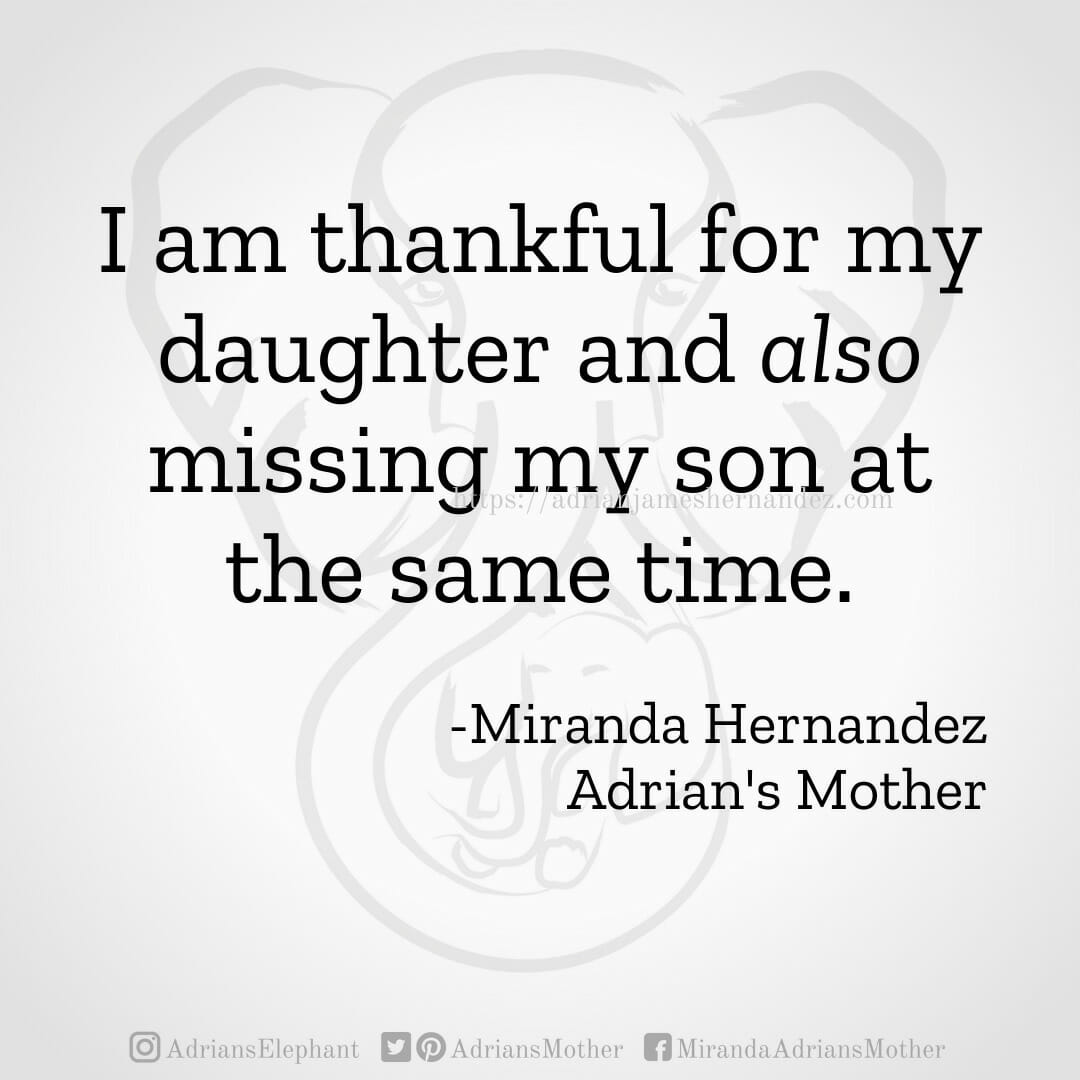
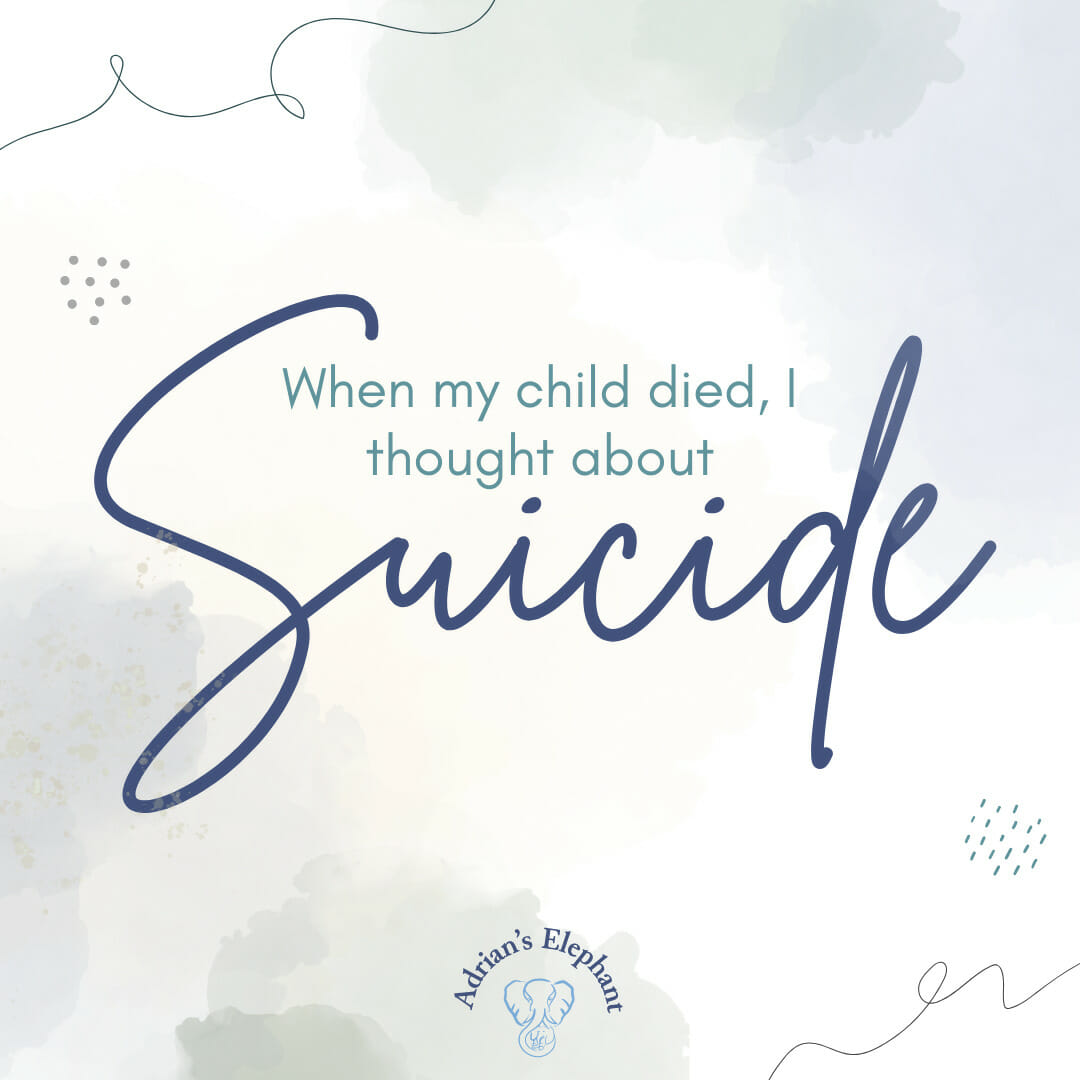

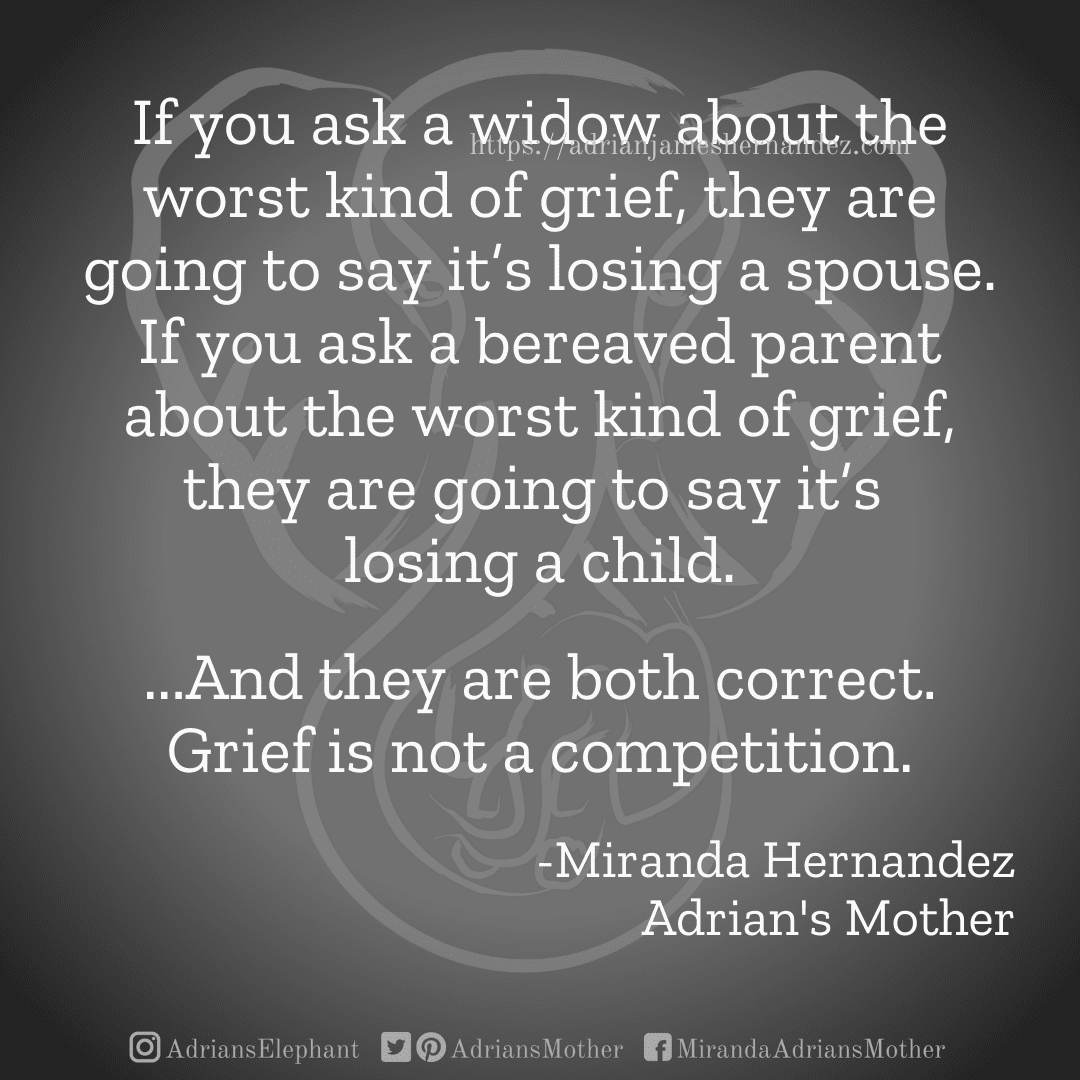











![This random act of kindness performed in memory of : [fill in the blank]. Please pass the kindness along to help keep their memory alive.](https://adrianselephantpanda2.s3.amazonaws.com/wp-content/uploads/2022/06/18095256/Act-Of-Kindness-In-Memory-Of-Card-2.png)
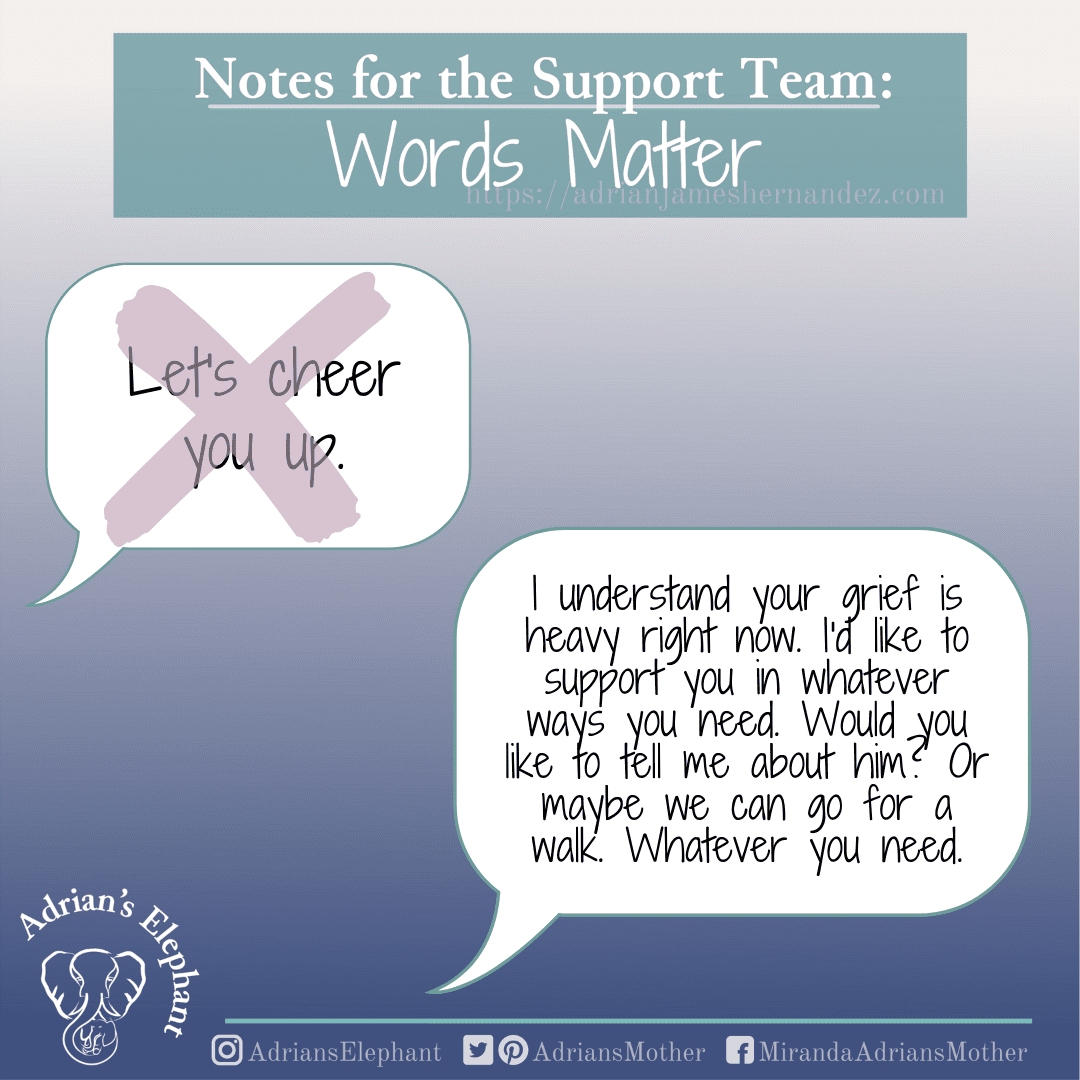

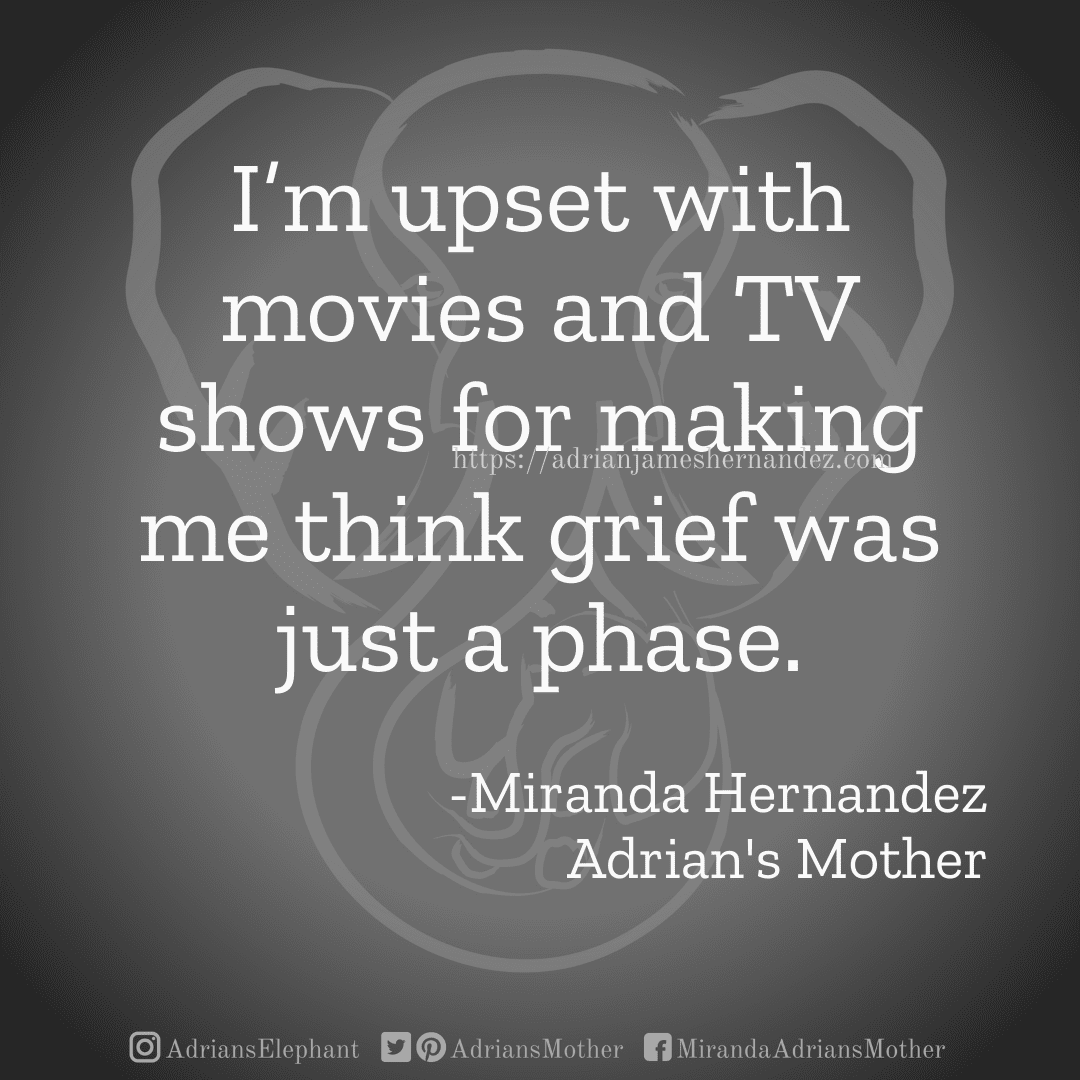
![Baby loss greeting card: In honor of the birthday of [fill in the blank], I have made a donation to [fill in the blank] - Sea Glass Parenting](https://adrianselephantpanda2.s3.amazonaws.com/wp-content/uploads/2022/05/22174434/SGPCardFlat-In-Honor-Of-Your-Childs-Birthday-I-Made-A-Donation-To-IG-9.jpg)








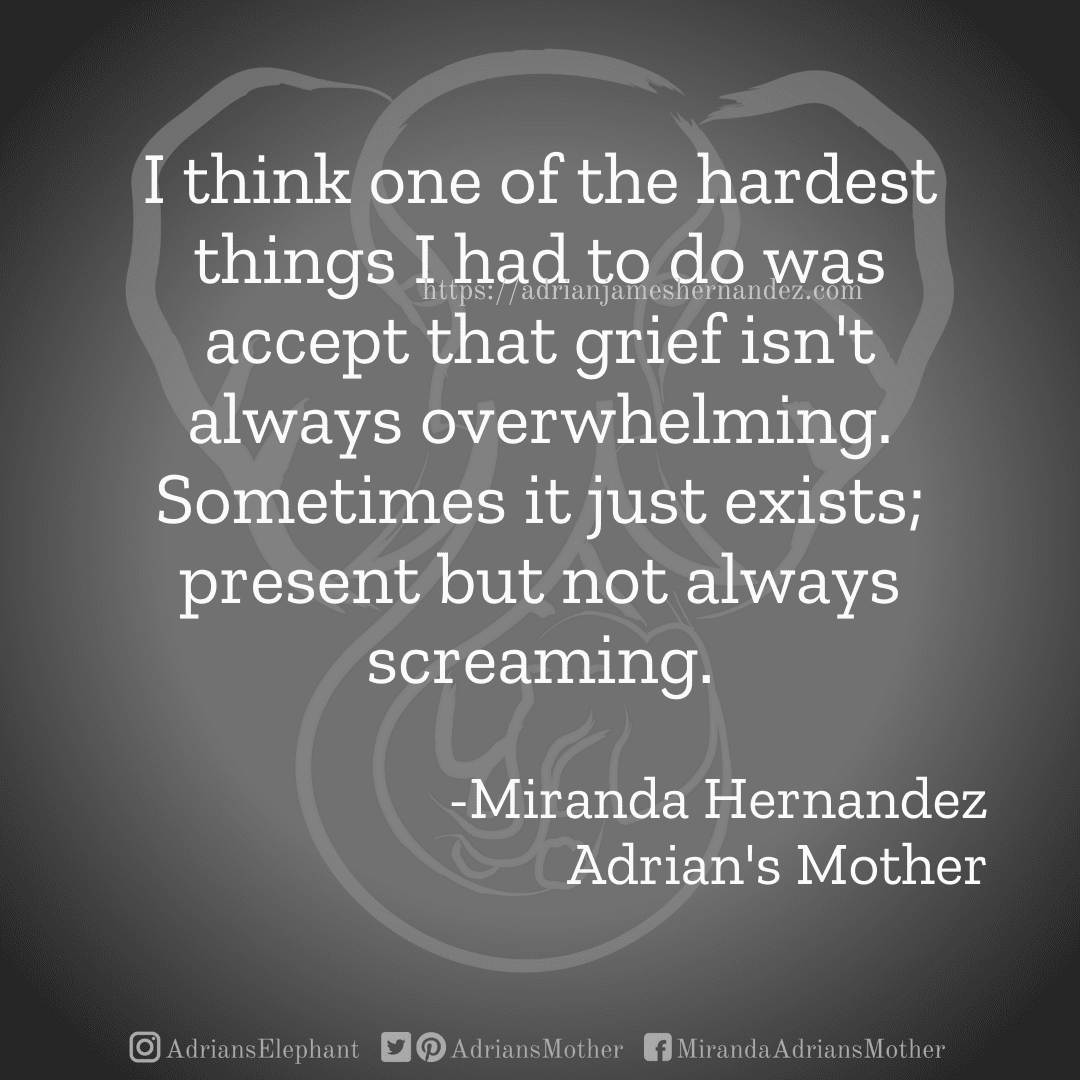


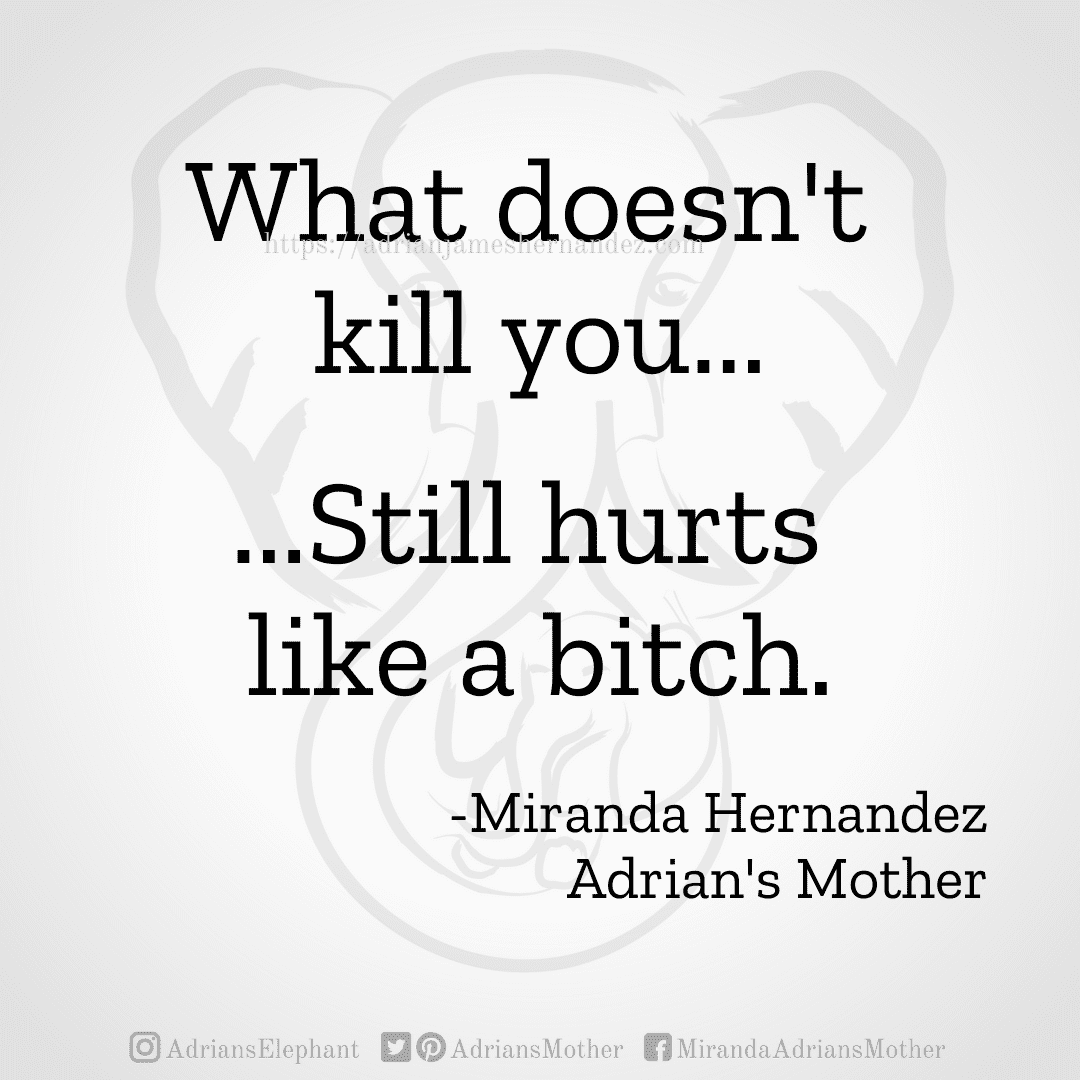
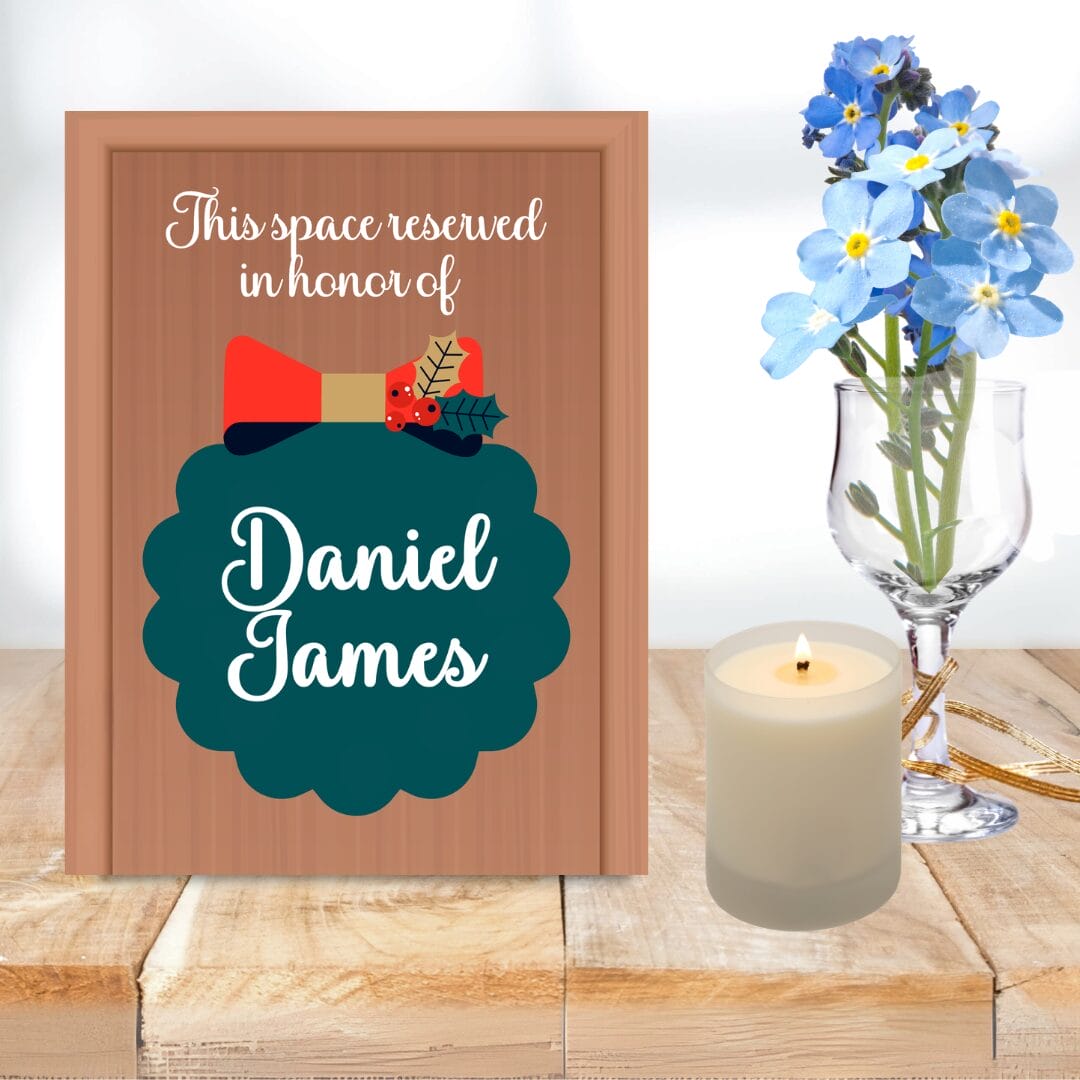

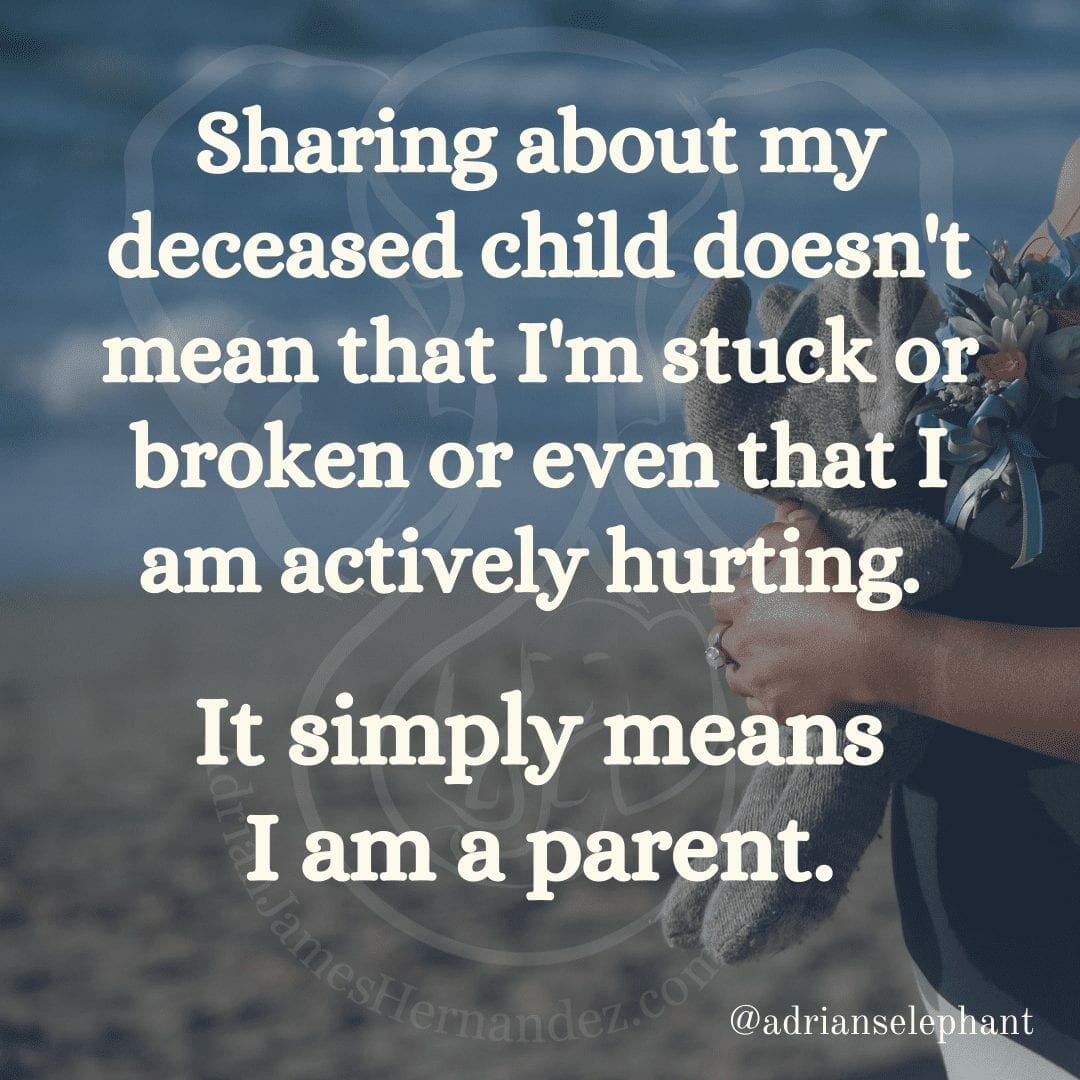







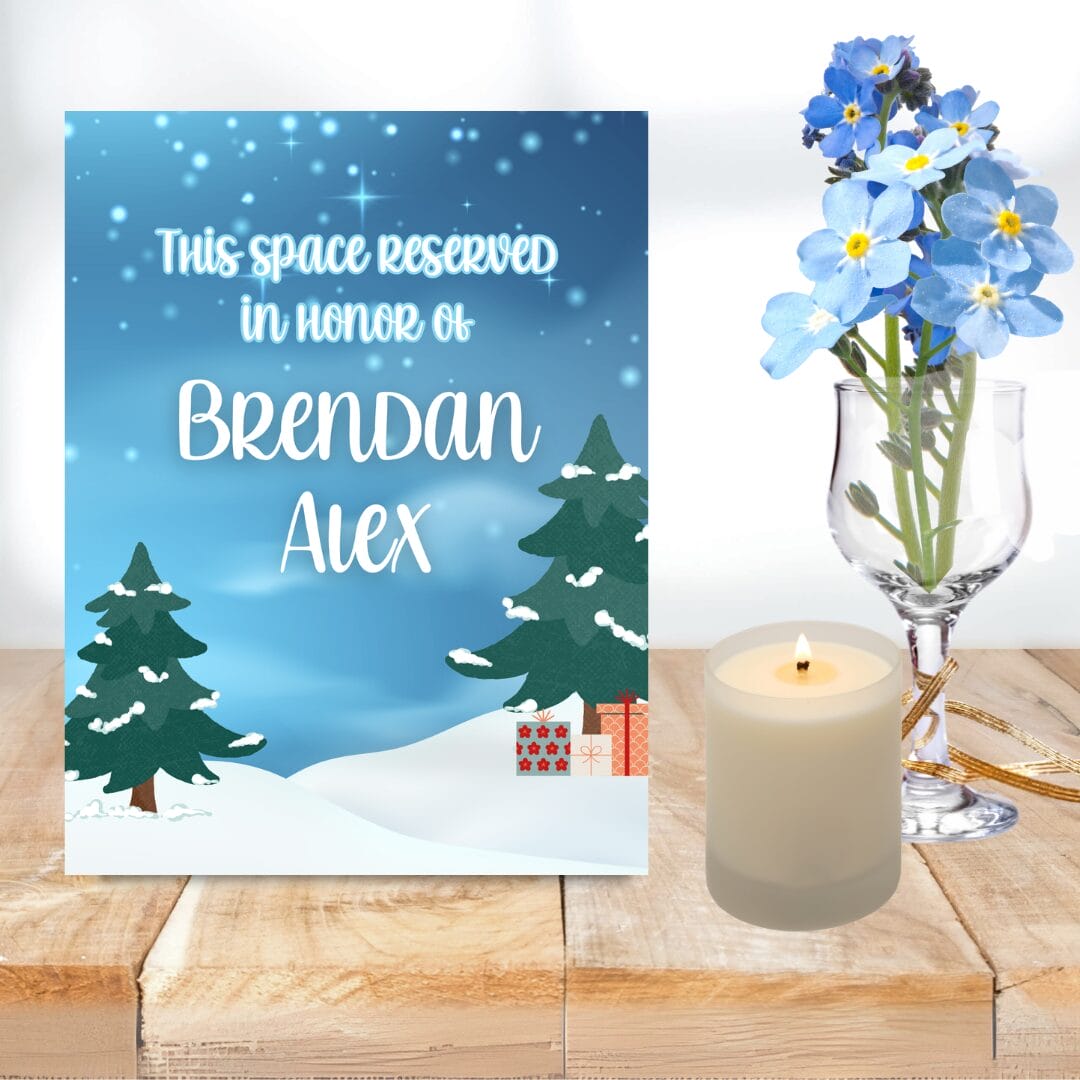

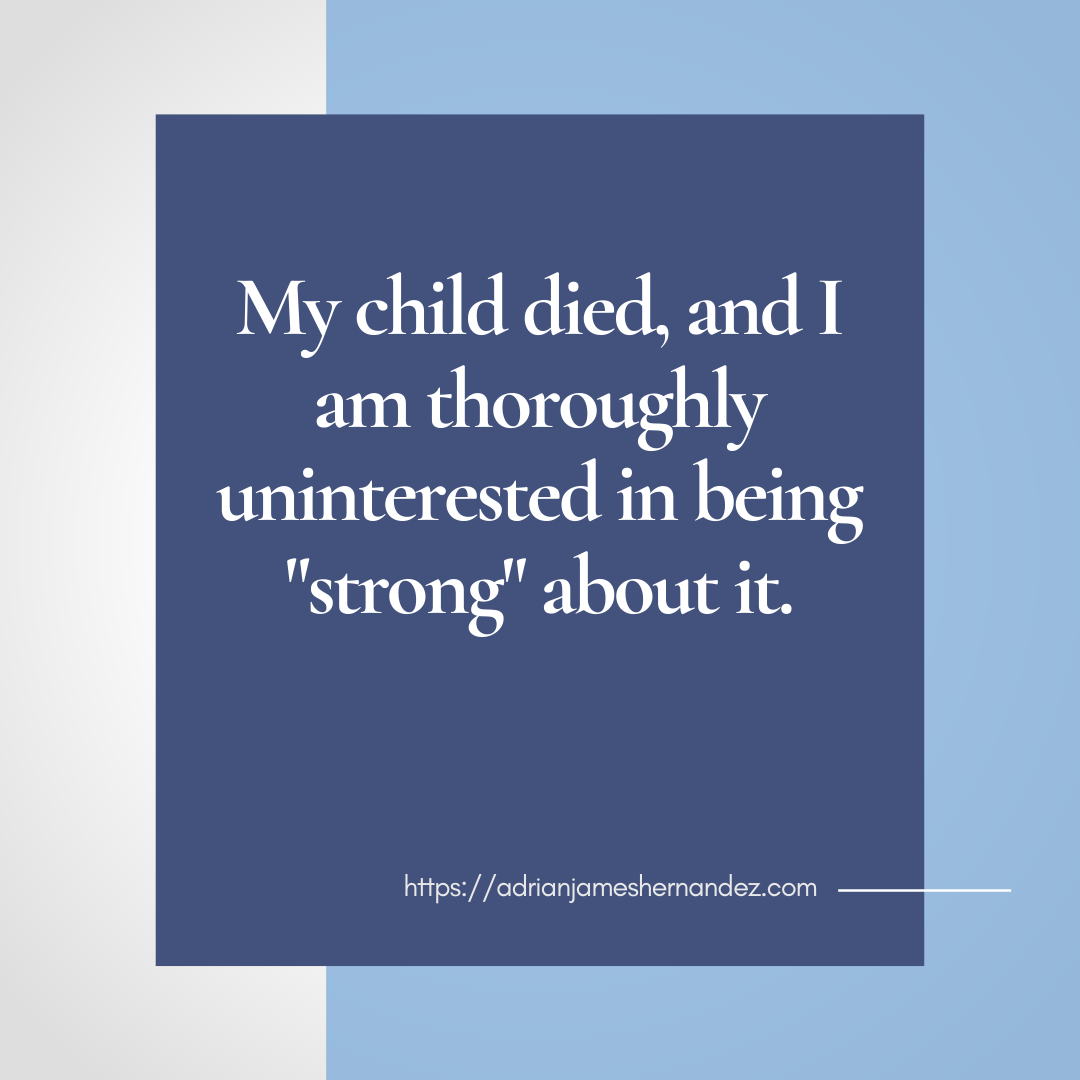
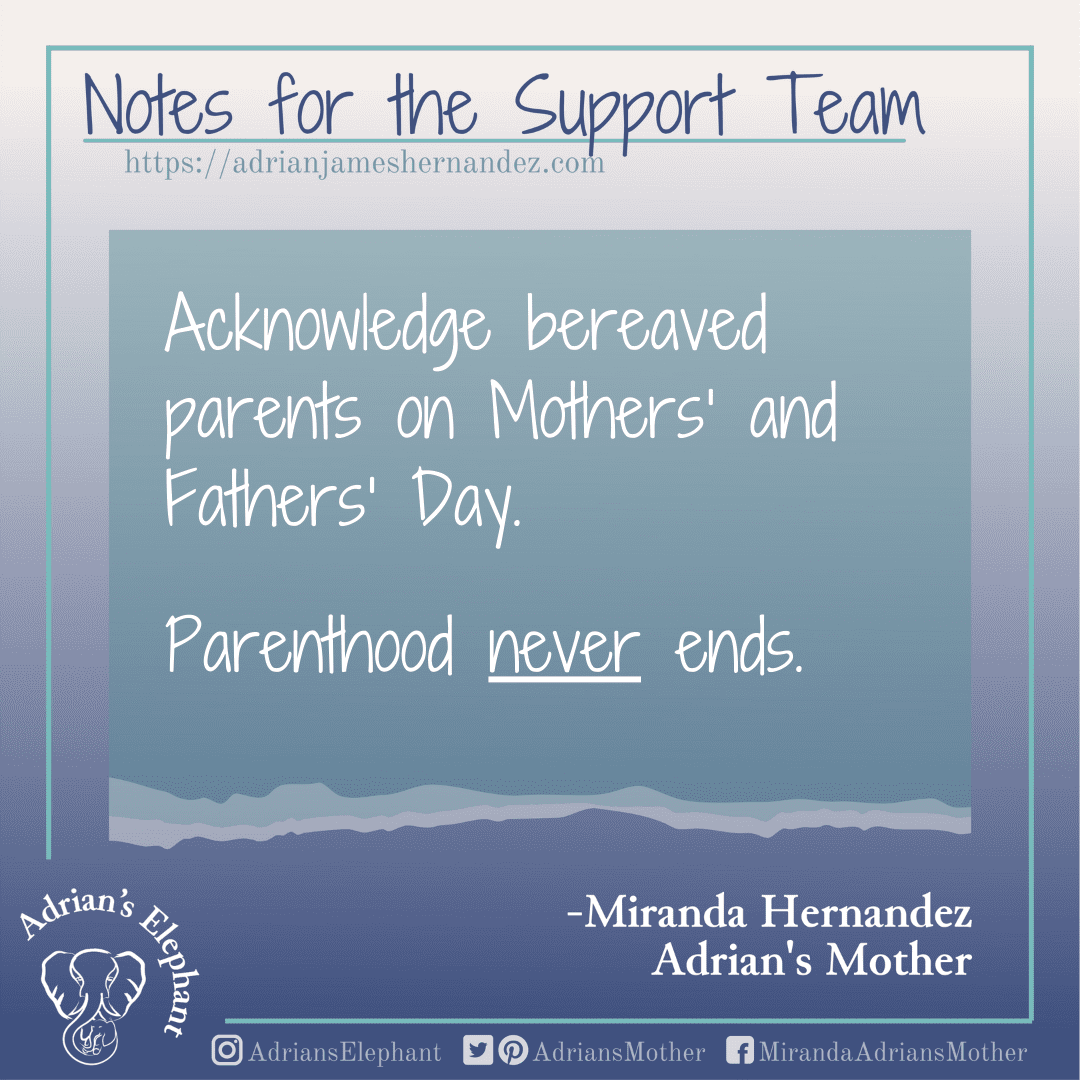
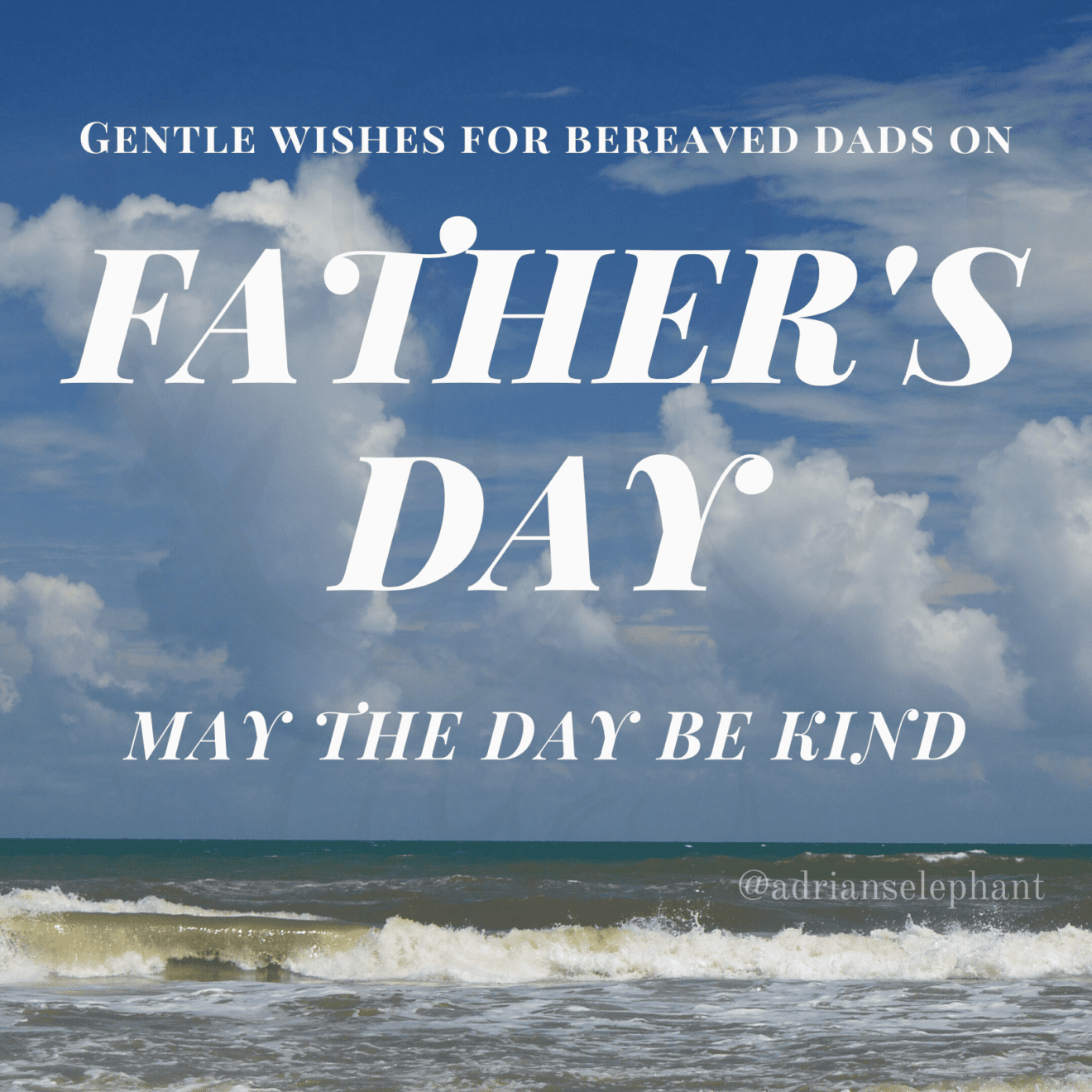






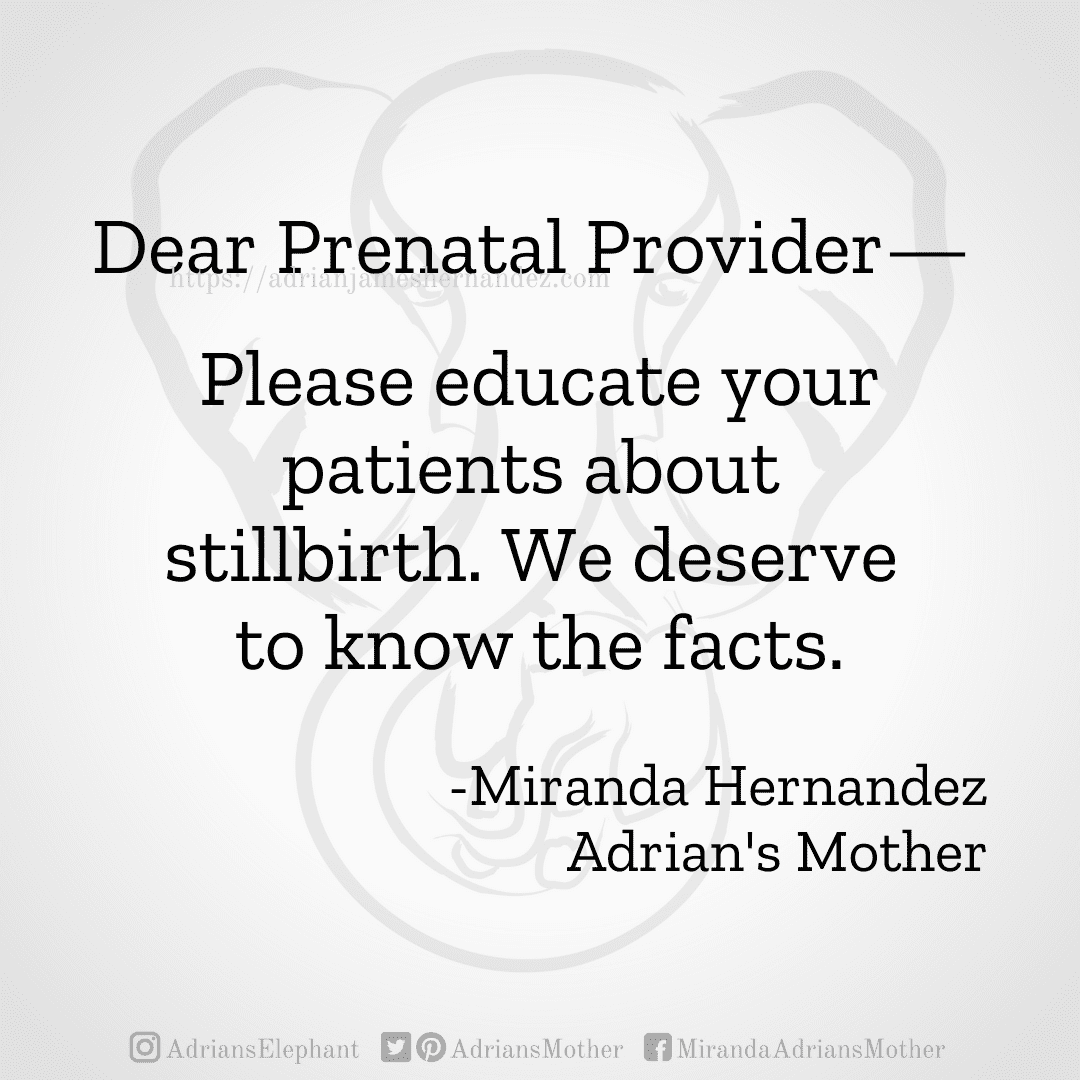


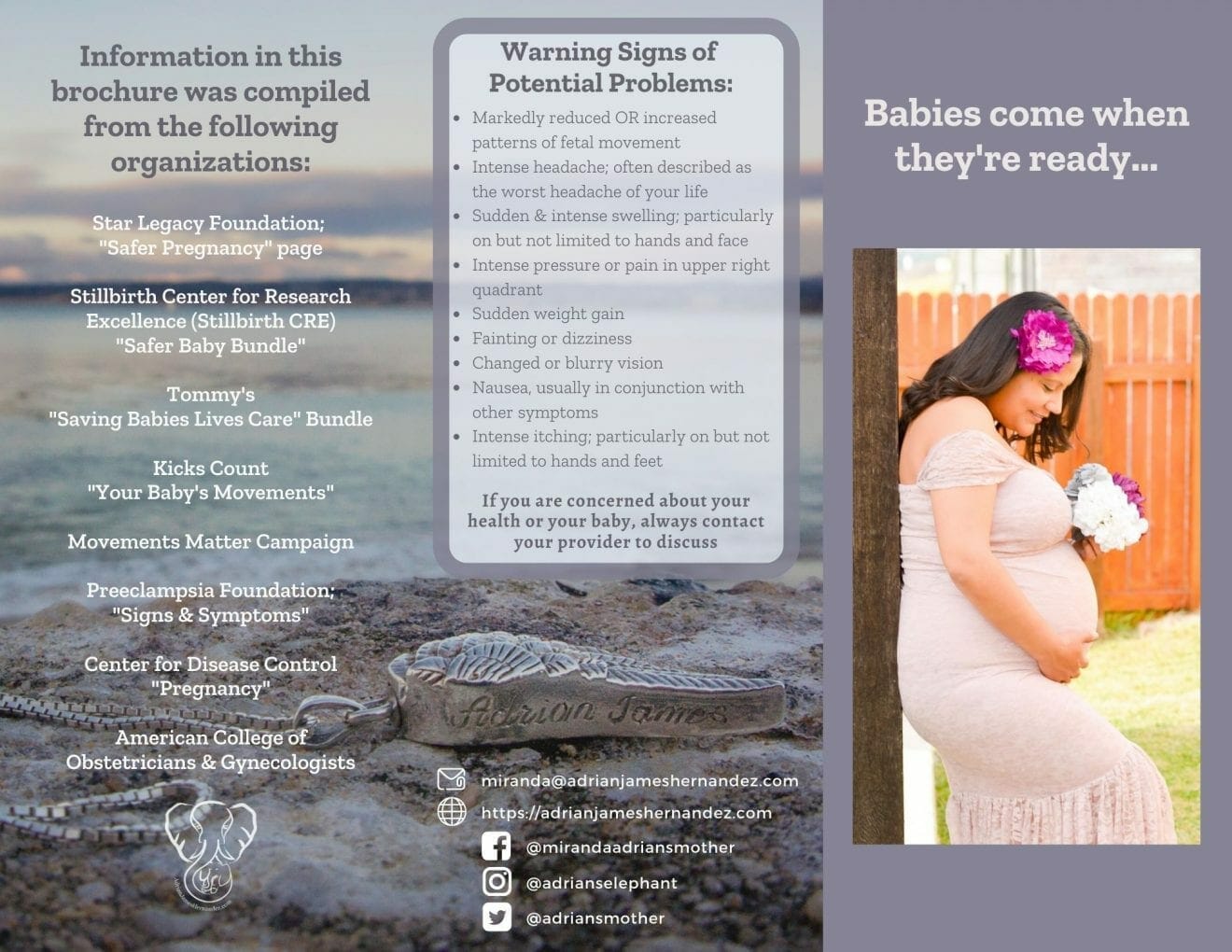




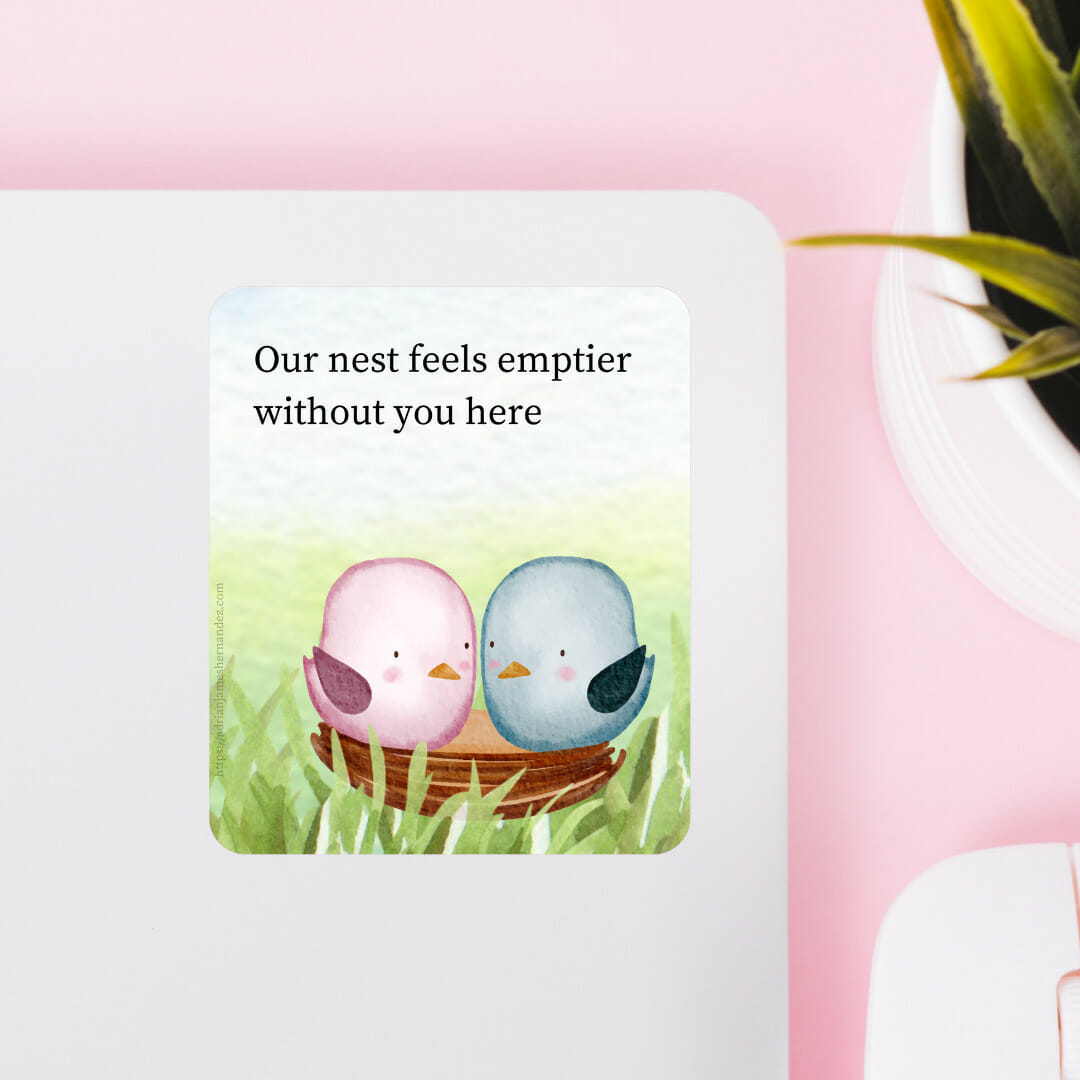


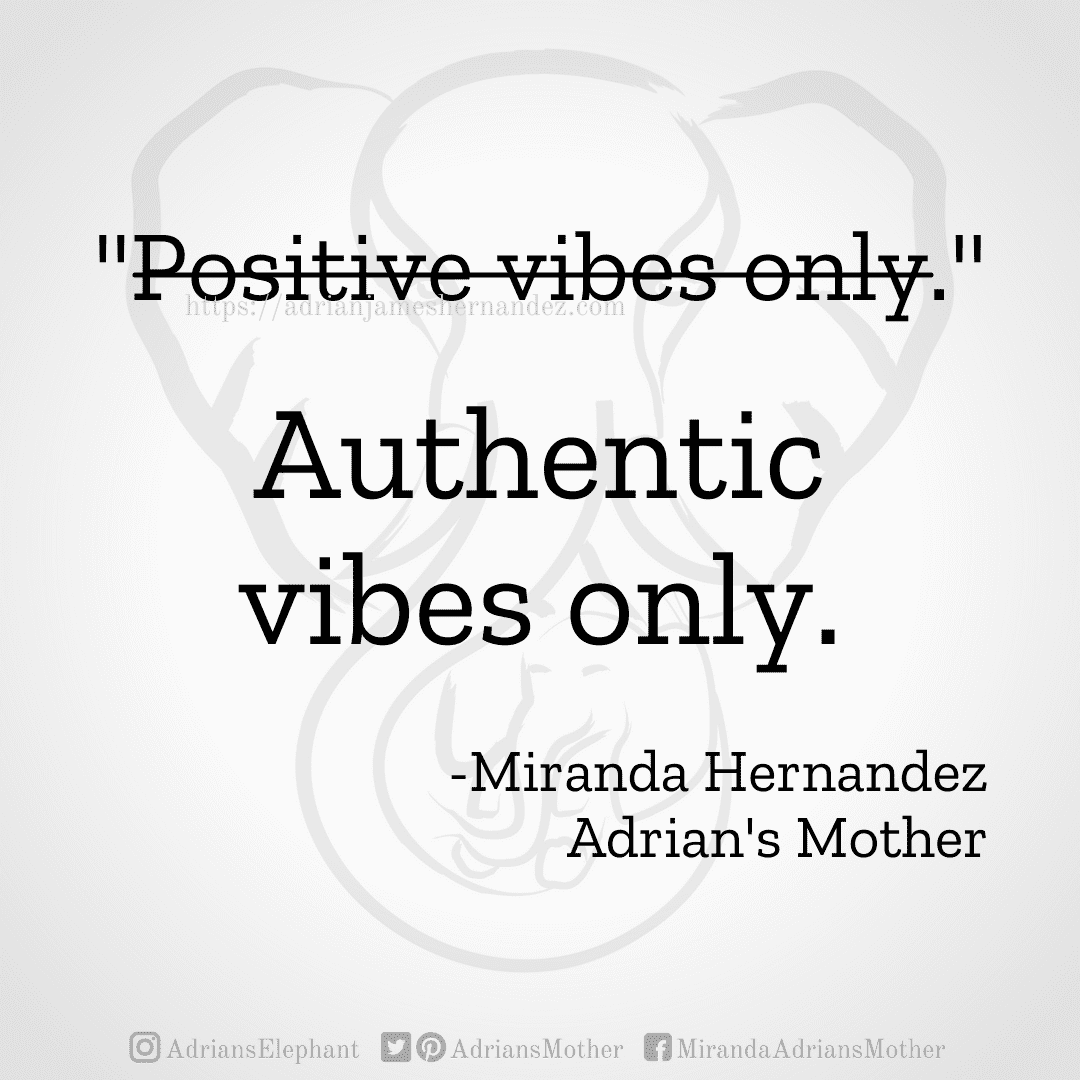








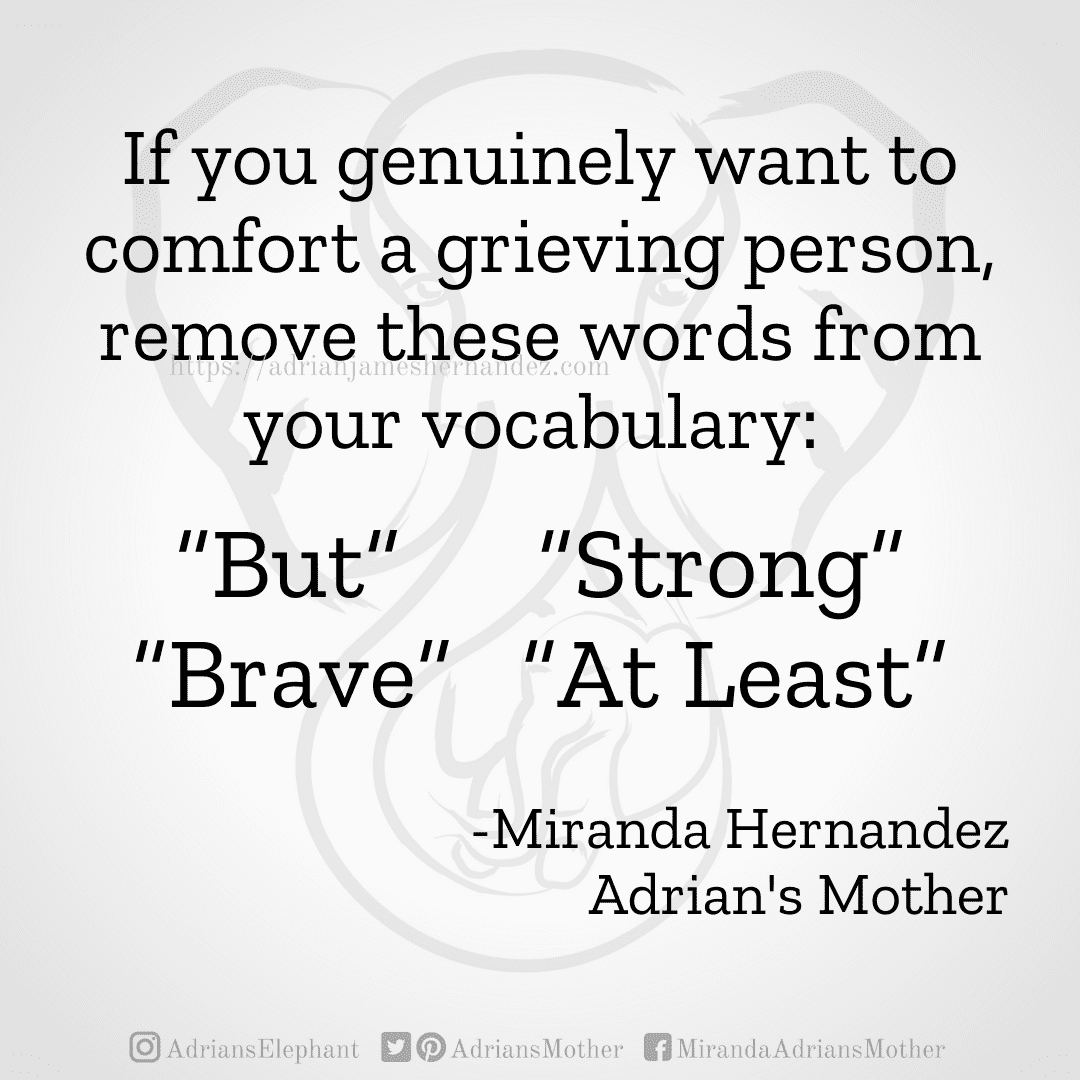


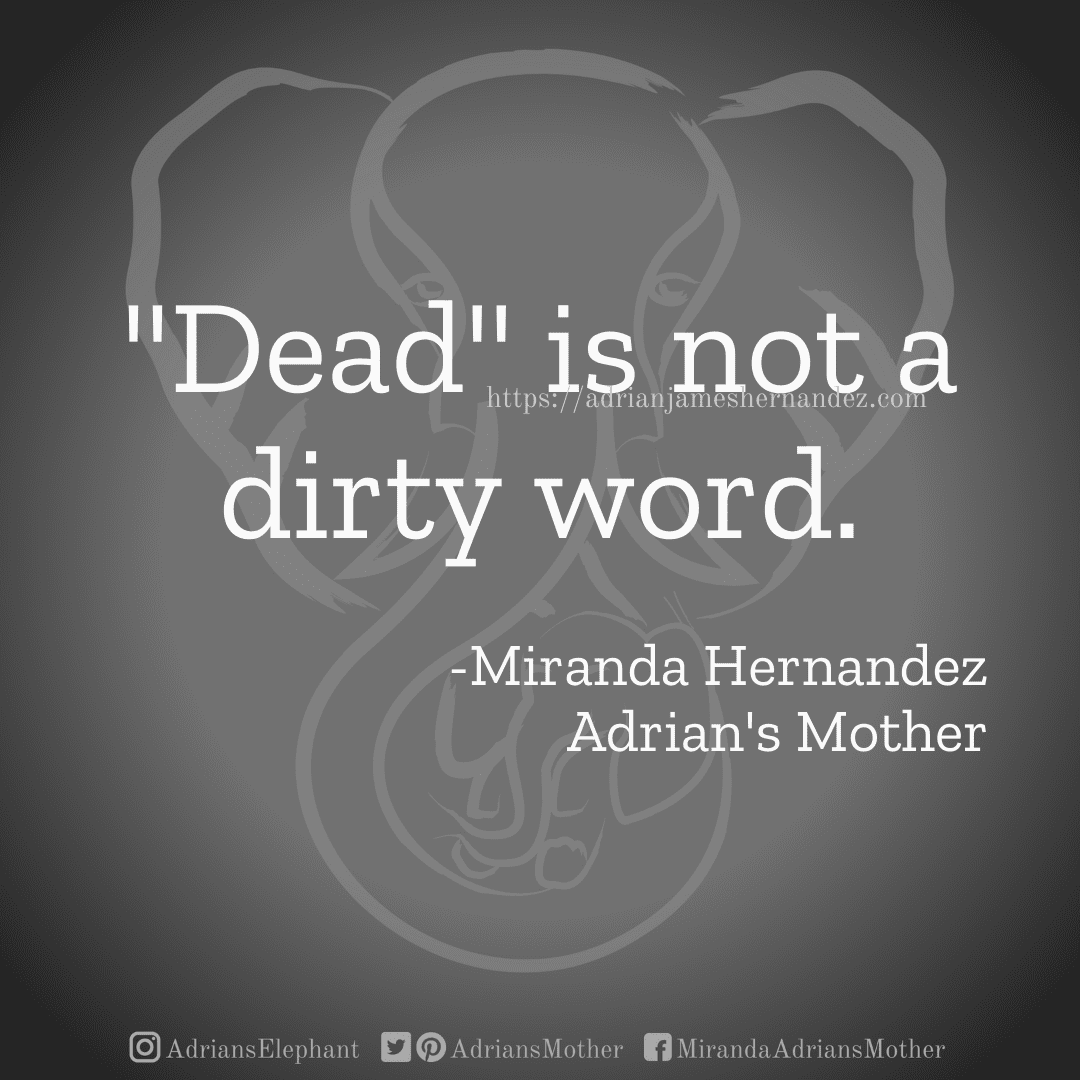

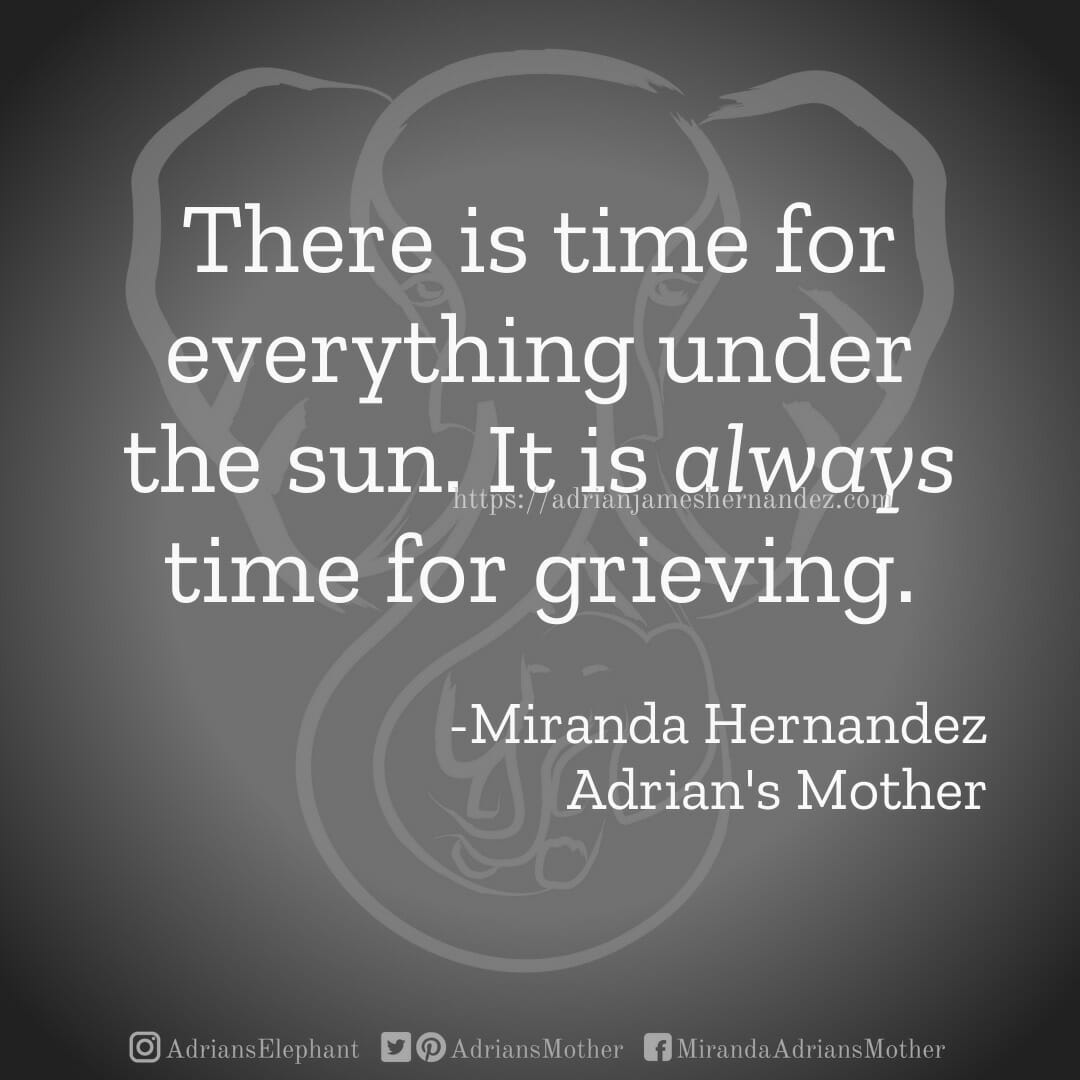







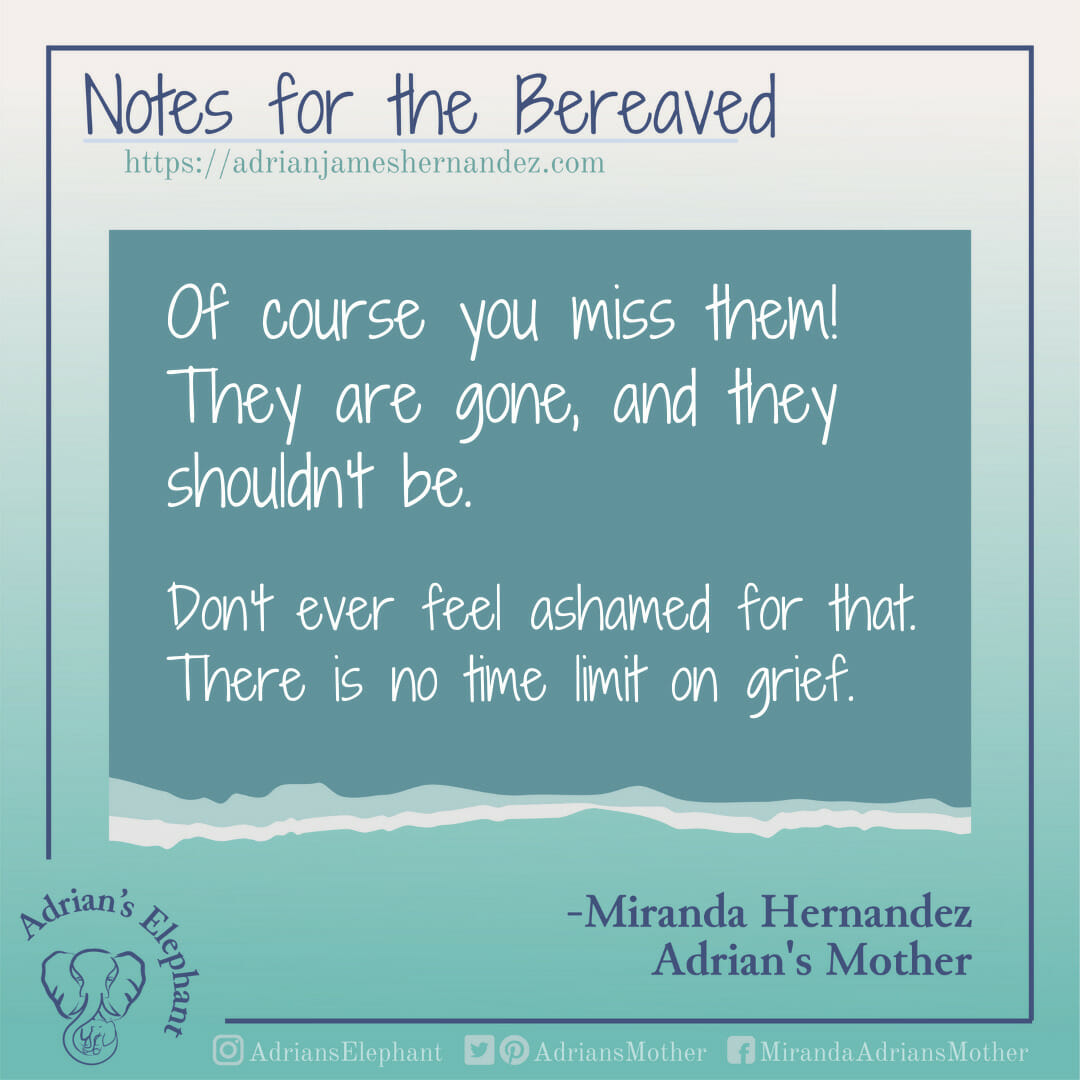

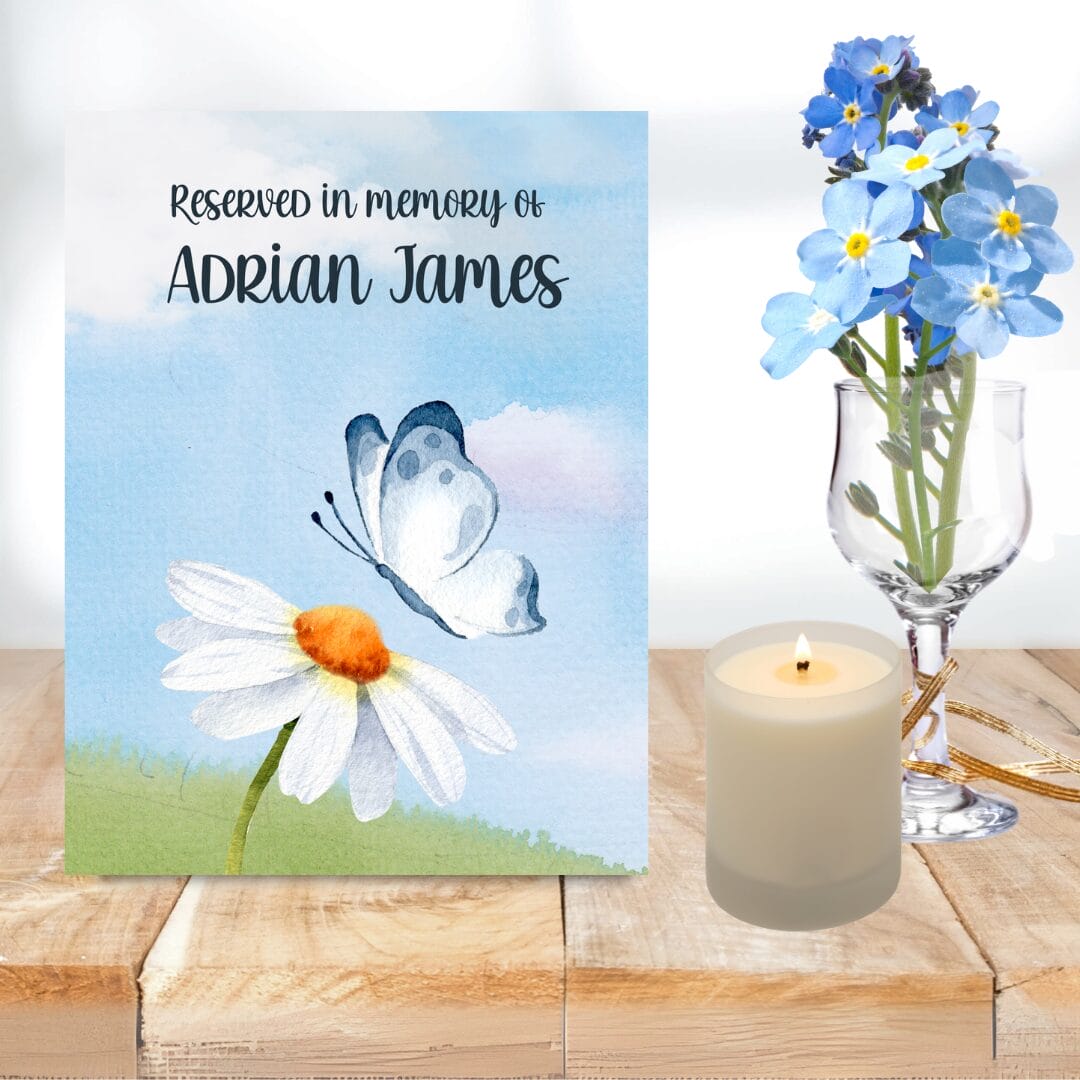

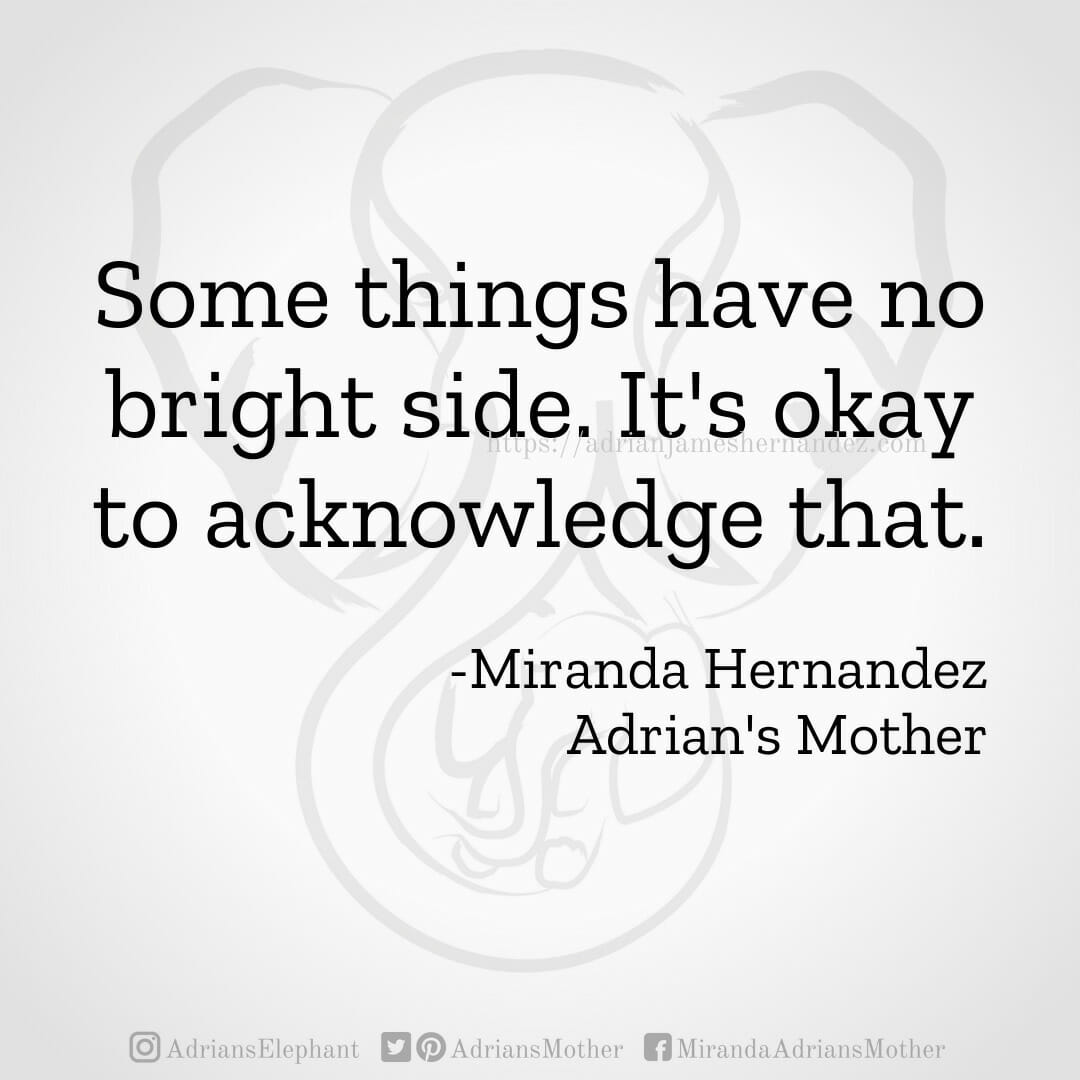


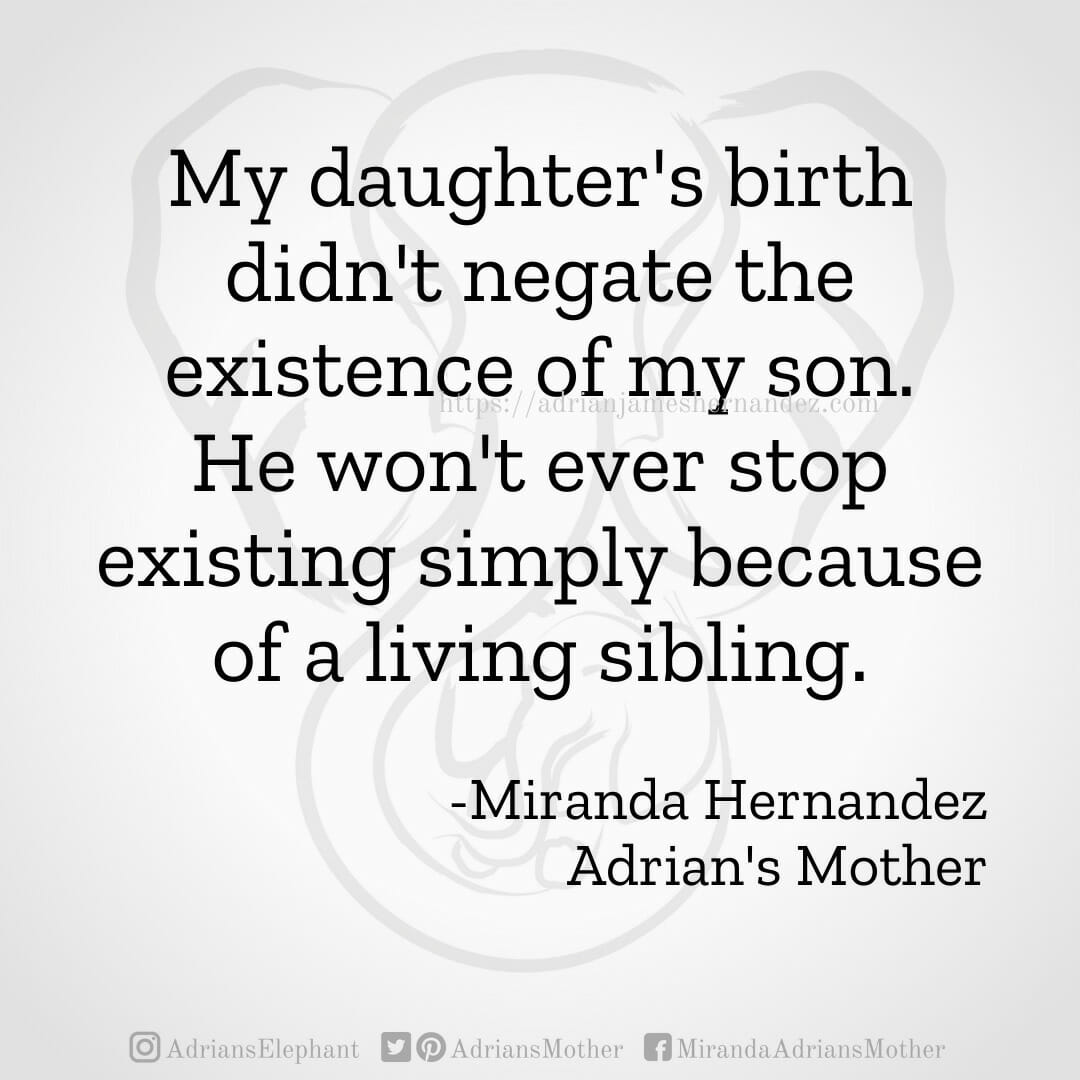
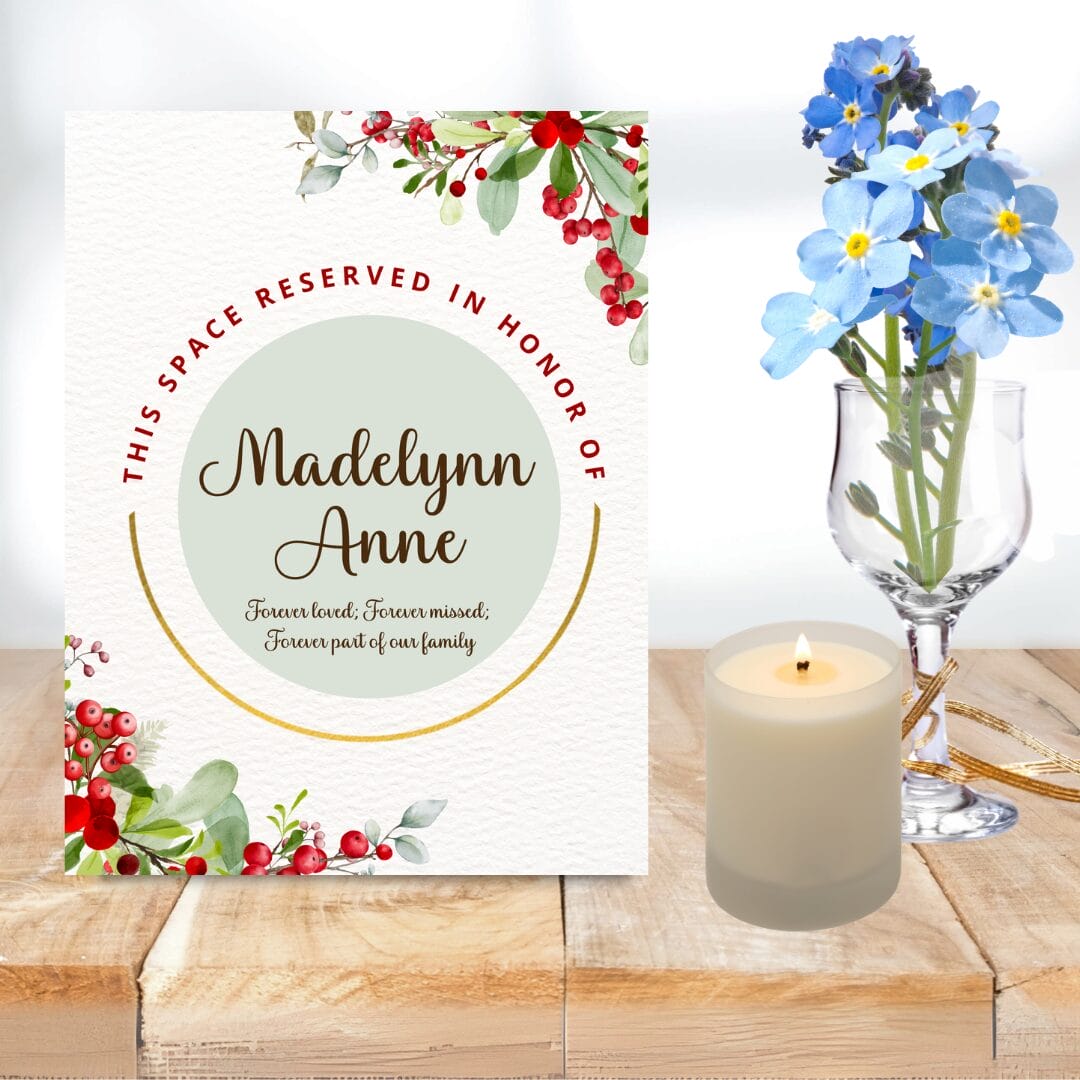
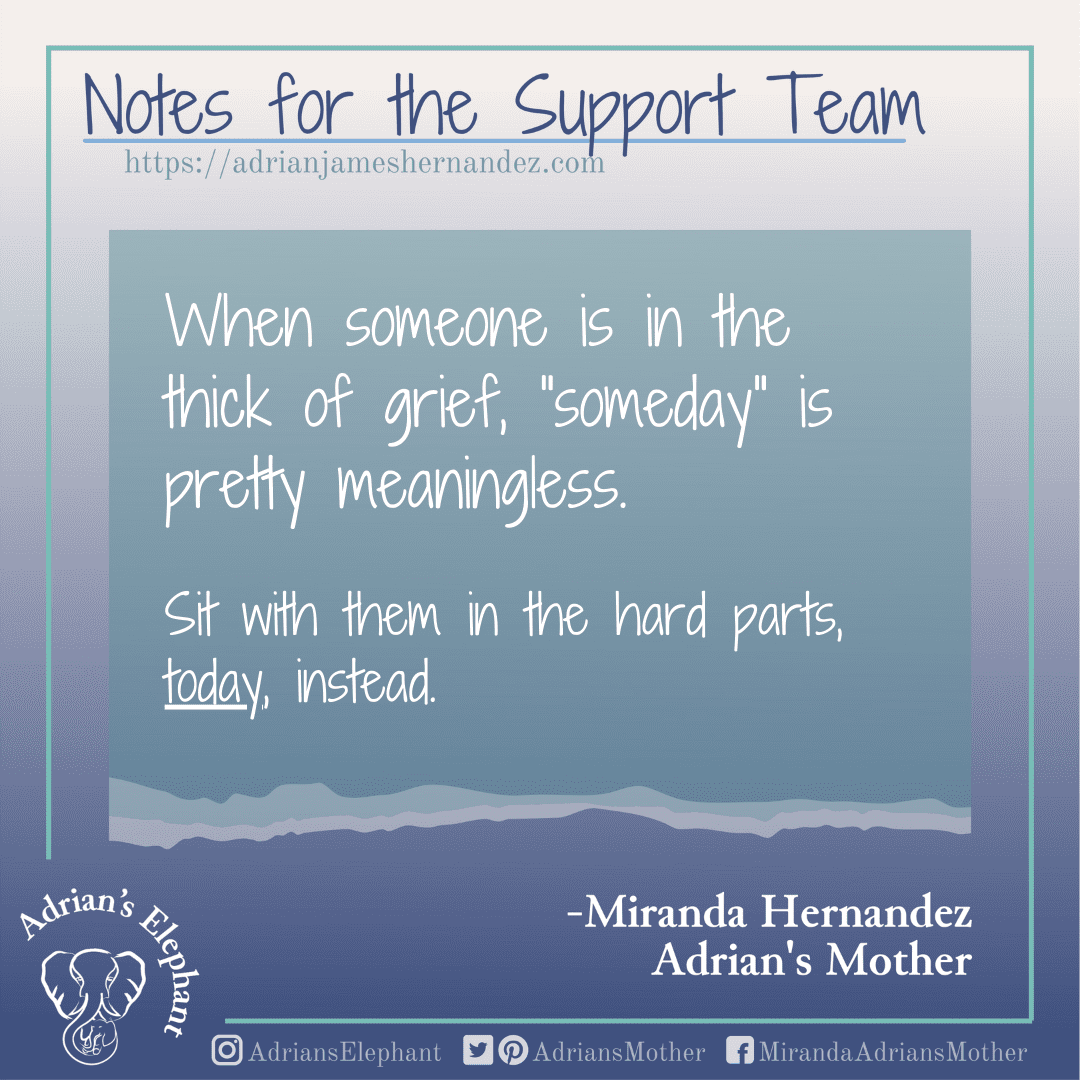

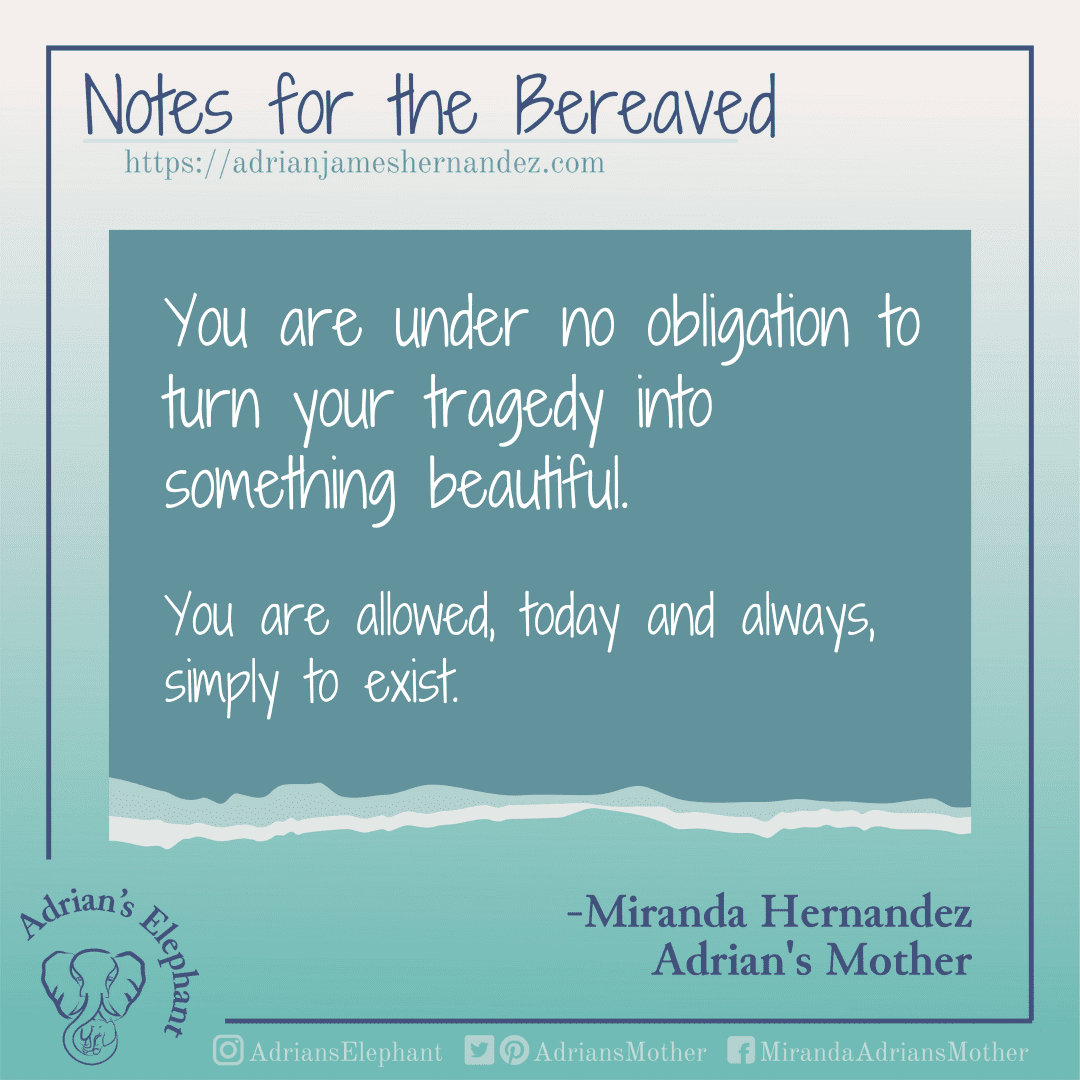

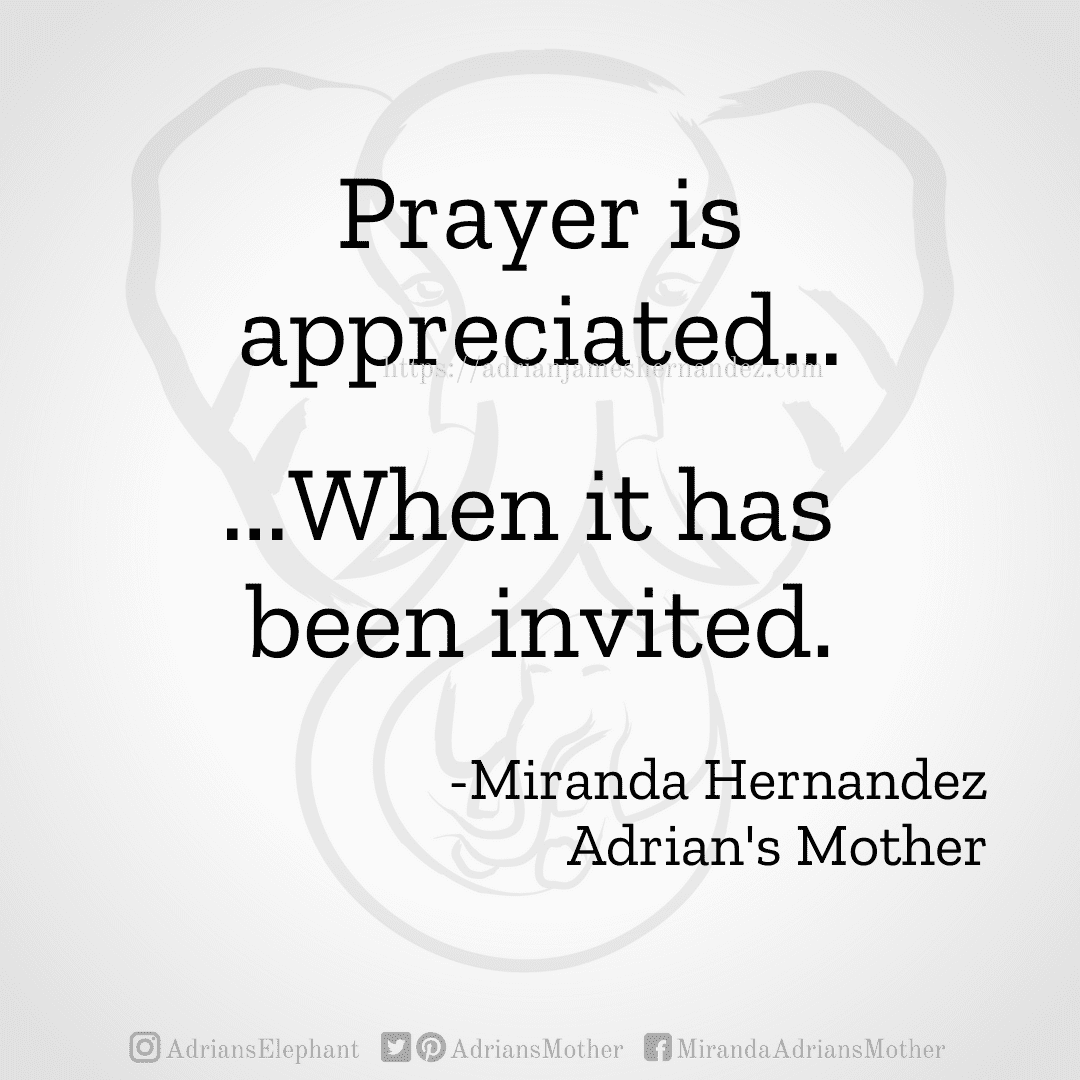





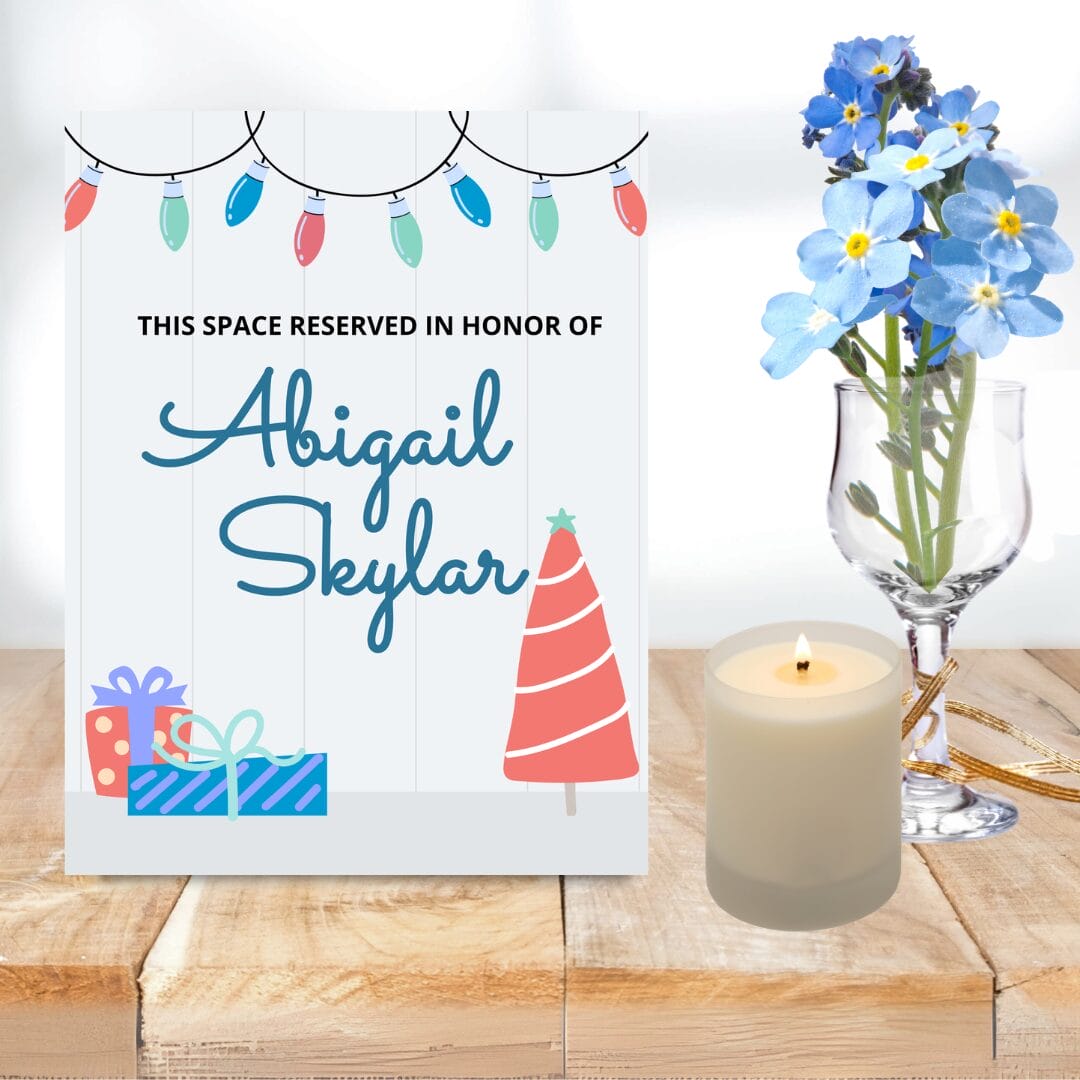
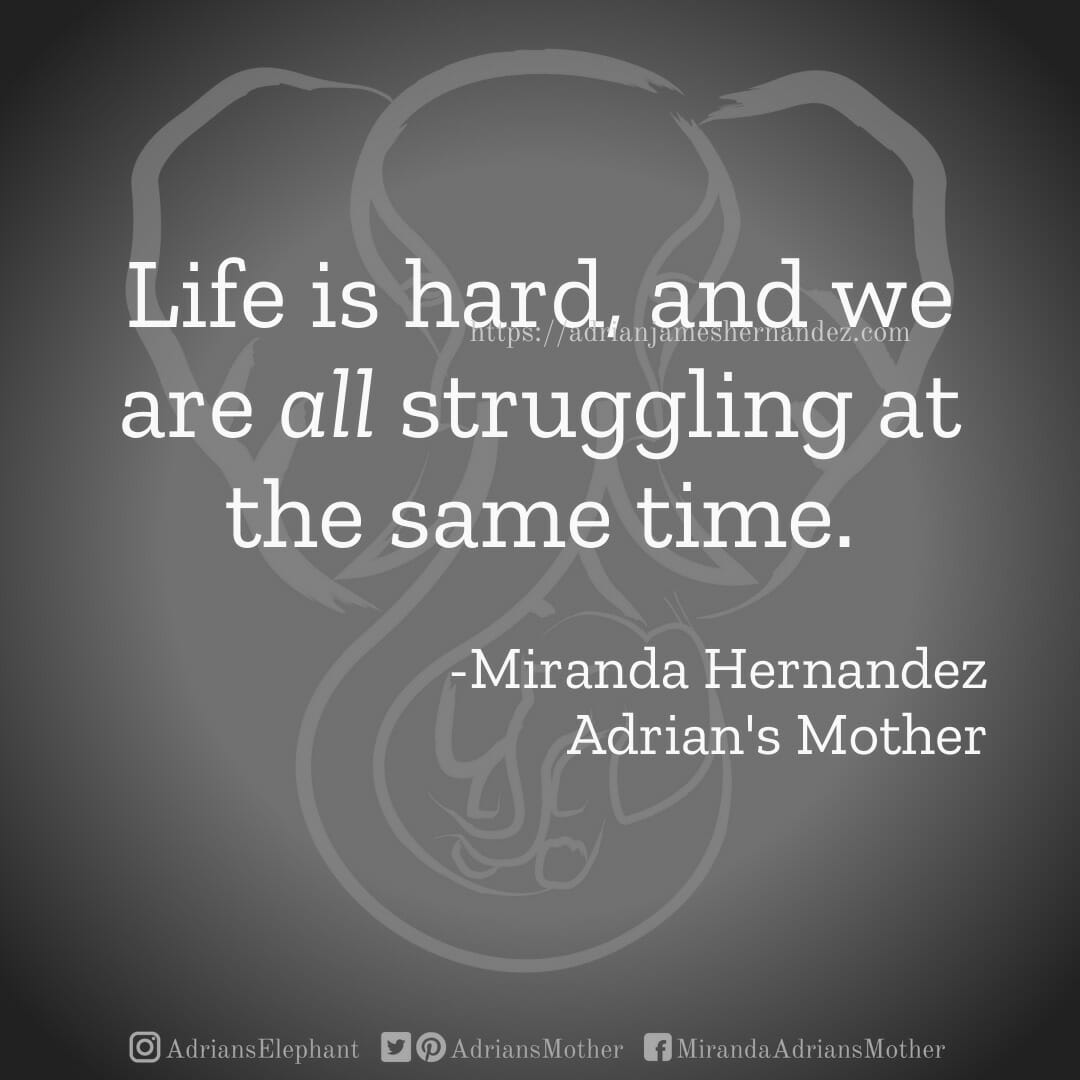
![The month of October is Pregnancy & Infant Loss Awareness month. Honoring all children lost too soon, including my child: [fill in the blank] - Sea Glass Parenting](https://adrianselephantpanda2.s3.amazonaws.com/wp-content/uploads/2021/09/30130345/Pregnancy-And-Infant-Loss-Awareness-Month-In-Honor-Of-My-Child-1-3.jpg)


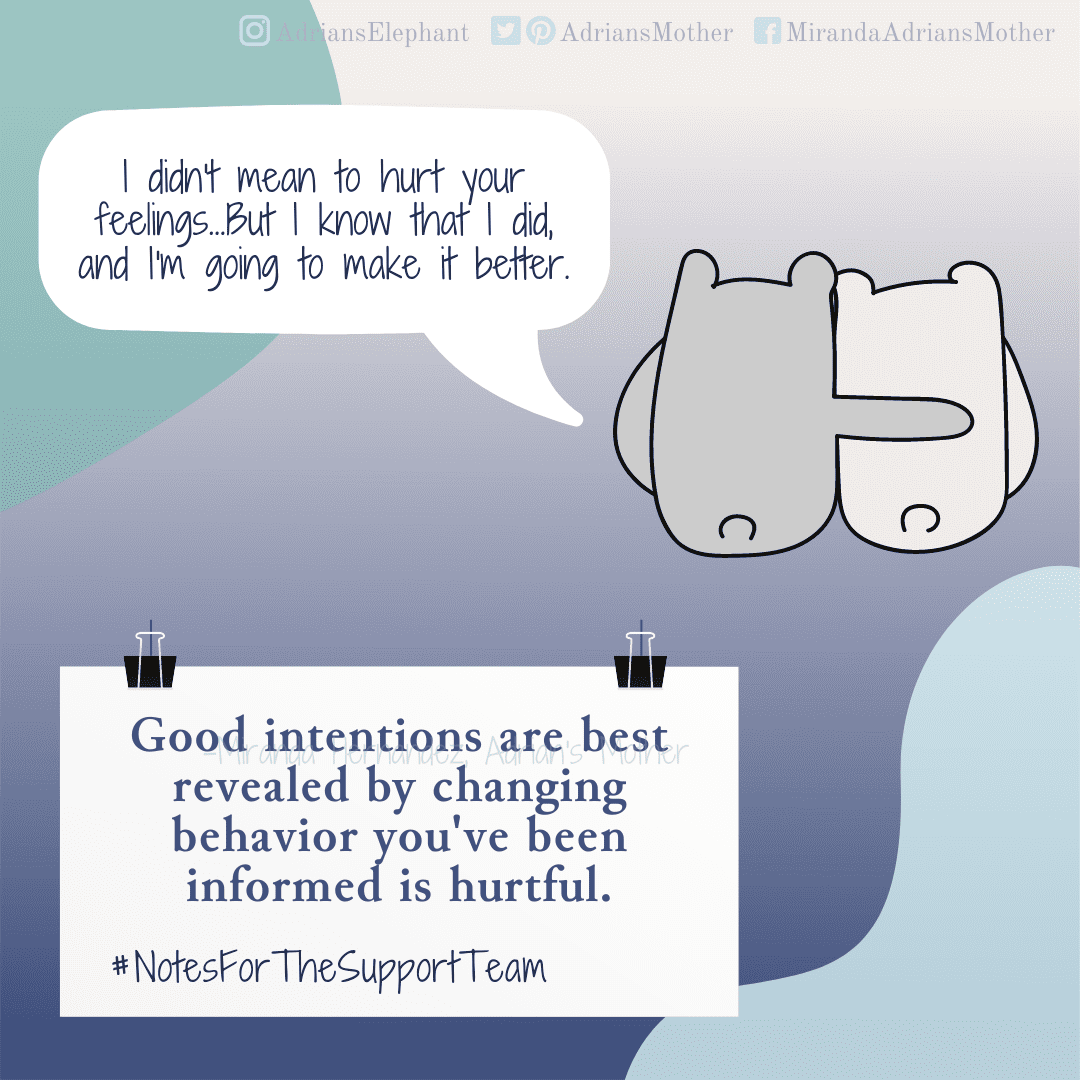

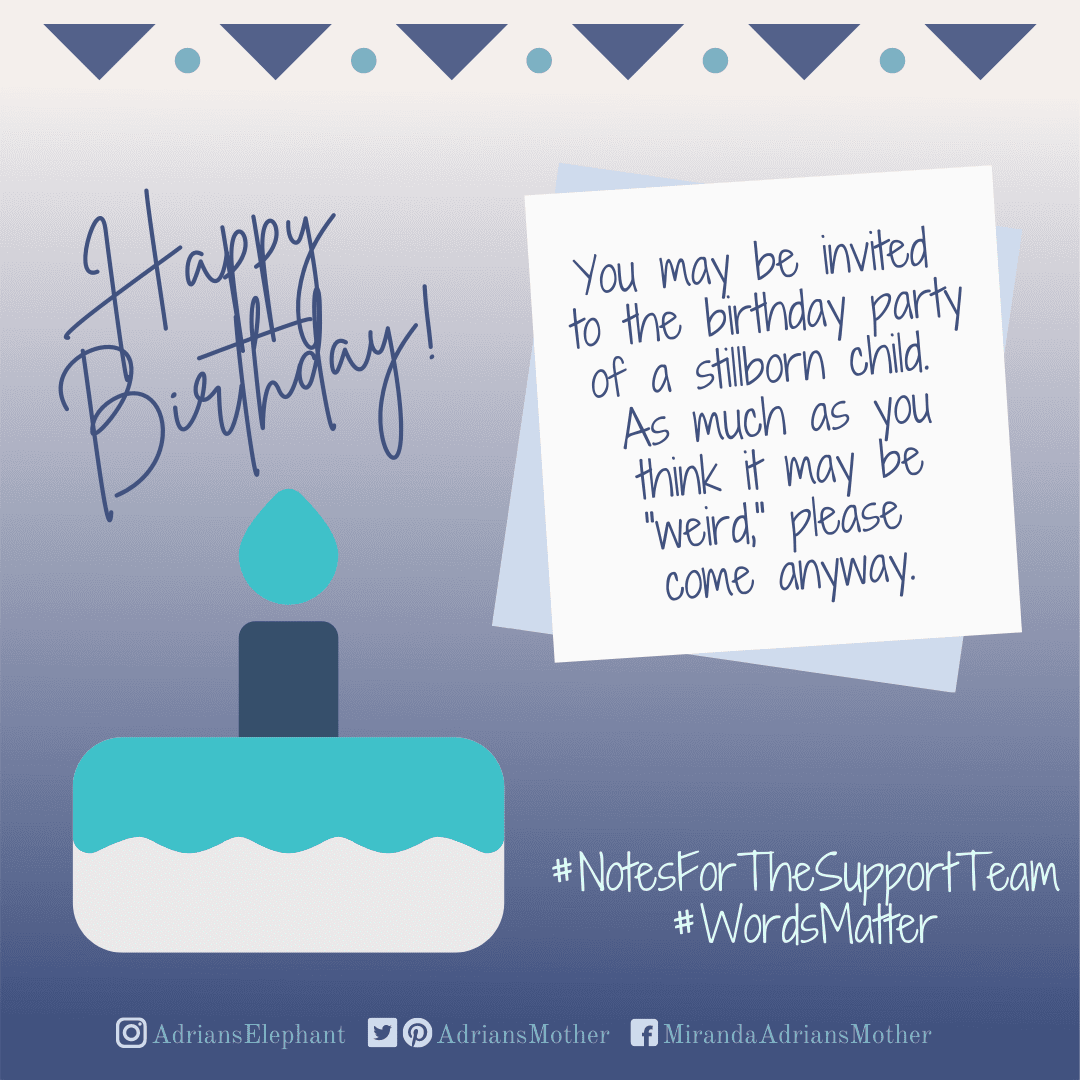















!["This is my [Fill in the Blank] Mother's Day. Thank you for remembering and honoring my child and my motherhood this year" in blue text inside a white circle surrounded by a yellow abstract design. Five pink and green flowers surround the image.](https://adrianselephantpanda2.s3.amazonaws.com/wp-content/uploads/2022/04/27094844/4.png)


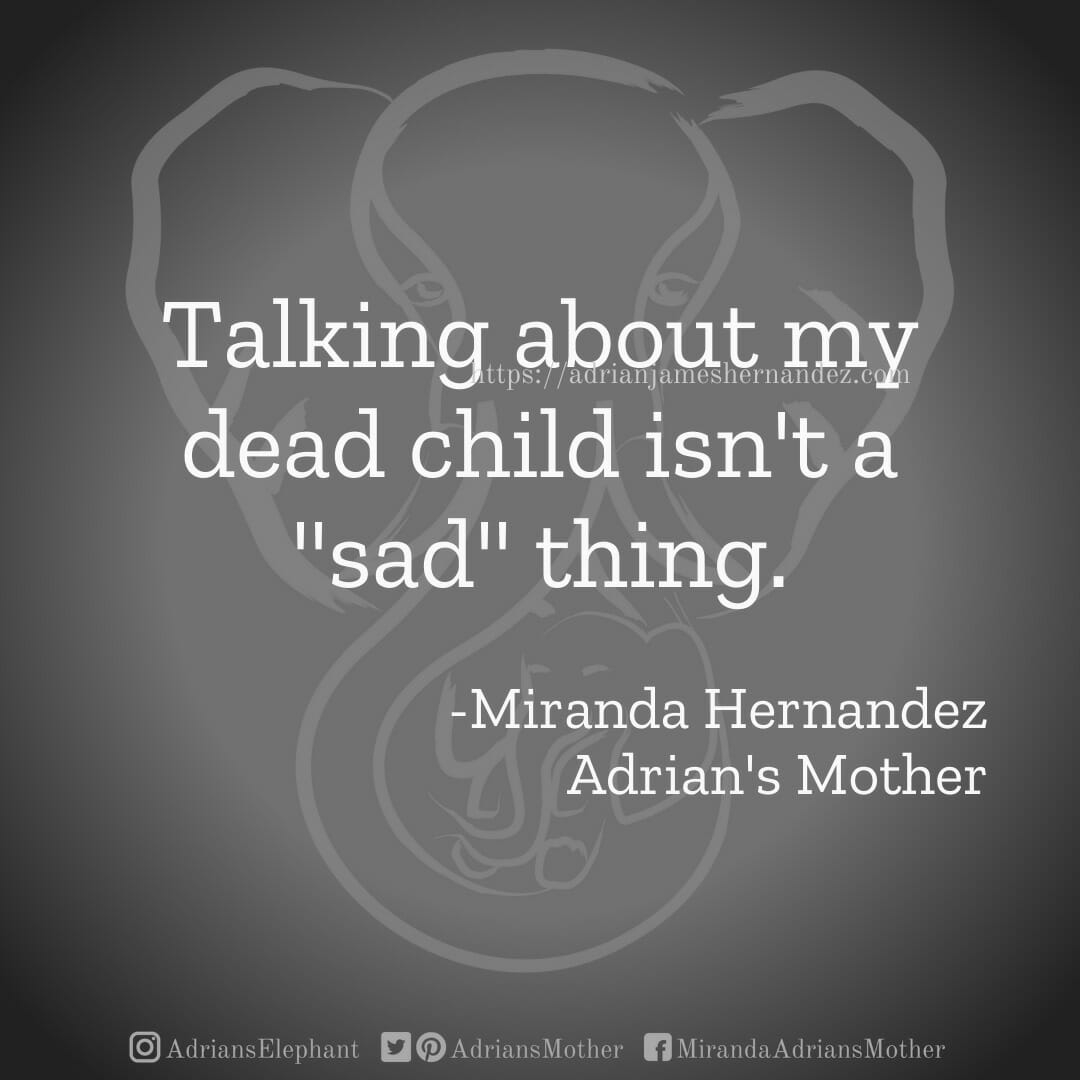
![Birthday wishes after death card: Thinking of you with love on your child's Birthday. [Blank inside.] - Sea Glass Parenting](https://adrianselephantpanda2.s3.amazonaws.com/wp-content/uploads/2022/06/26130137/SGPCardFlat-Thinking-Of-You-On-Your-Childrens-Birthday-Envelope-Heart-Blank-Inside-IG-12.jpg)




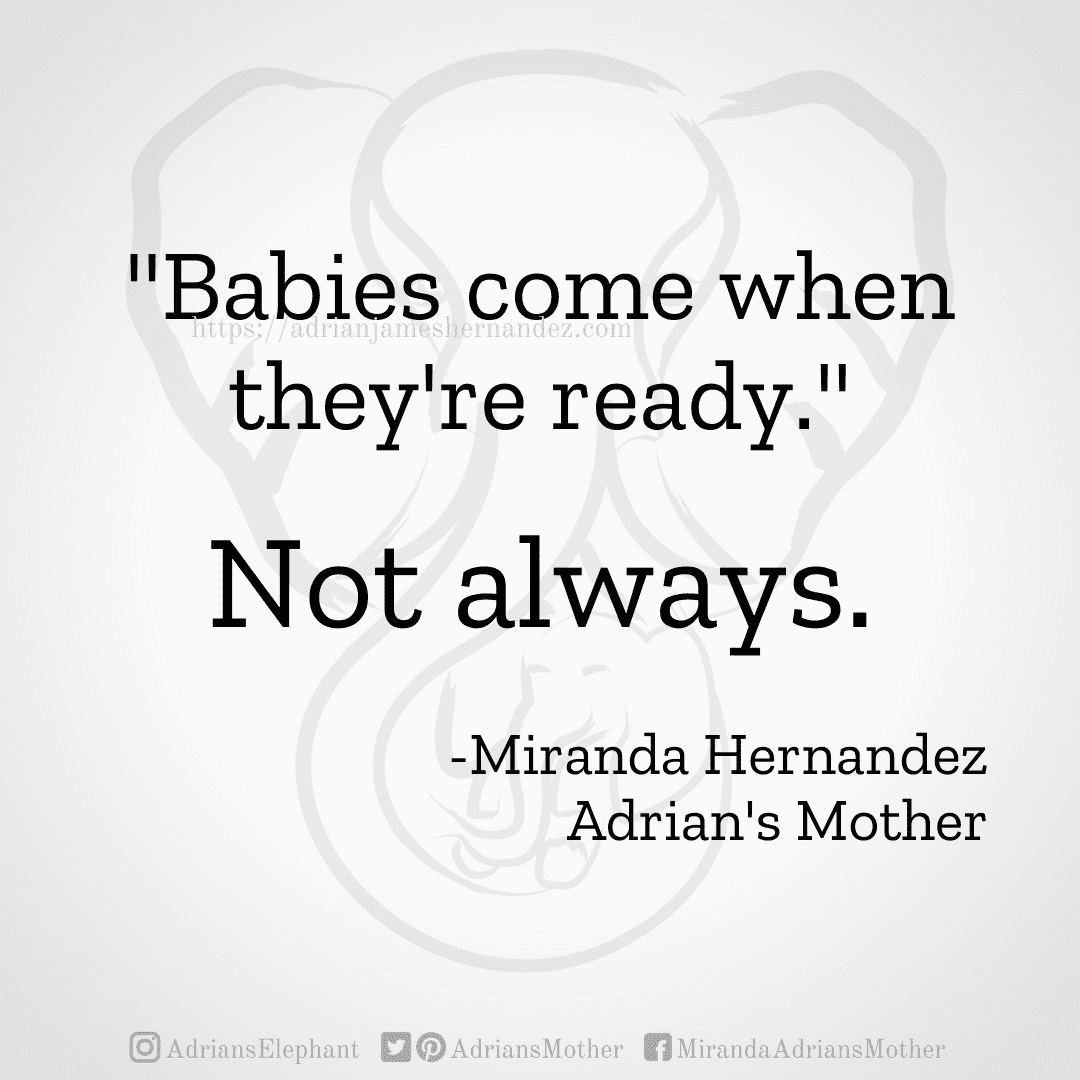
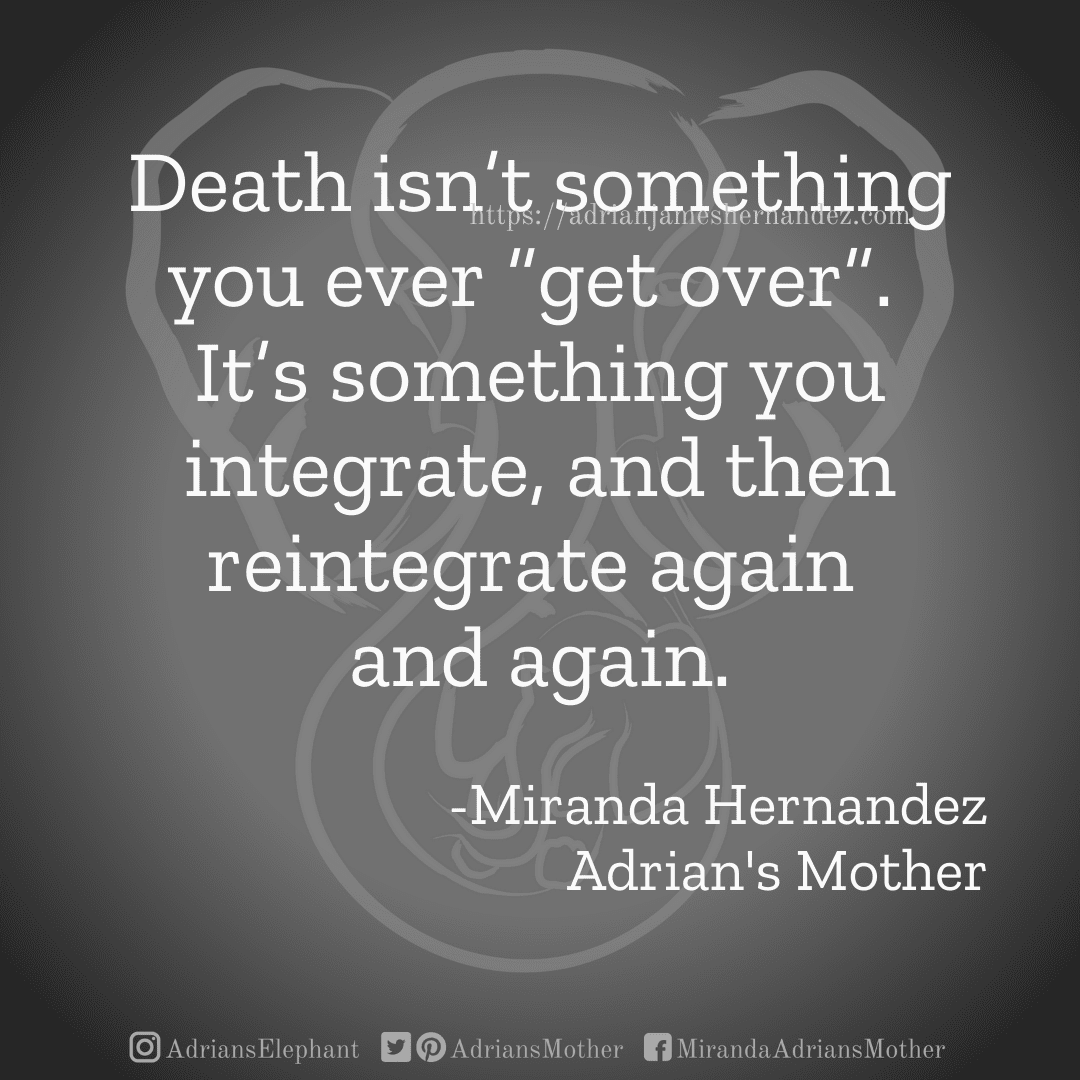
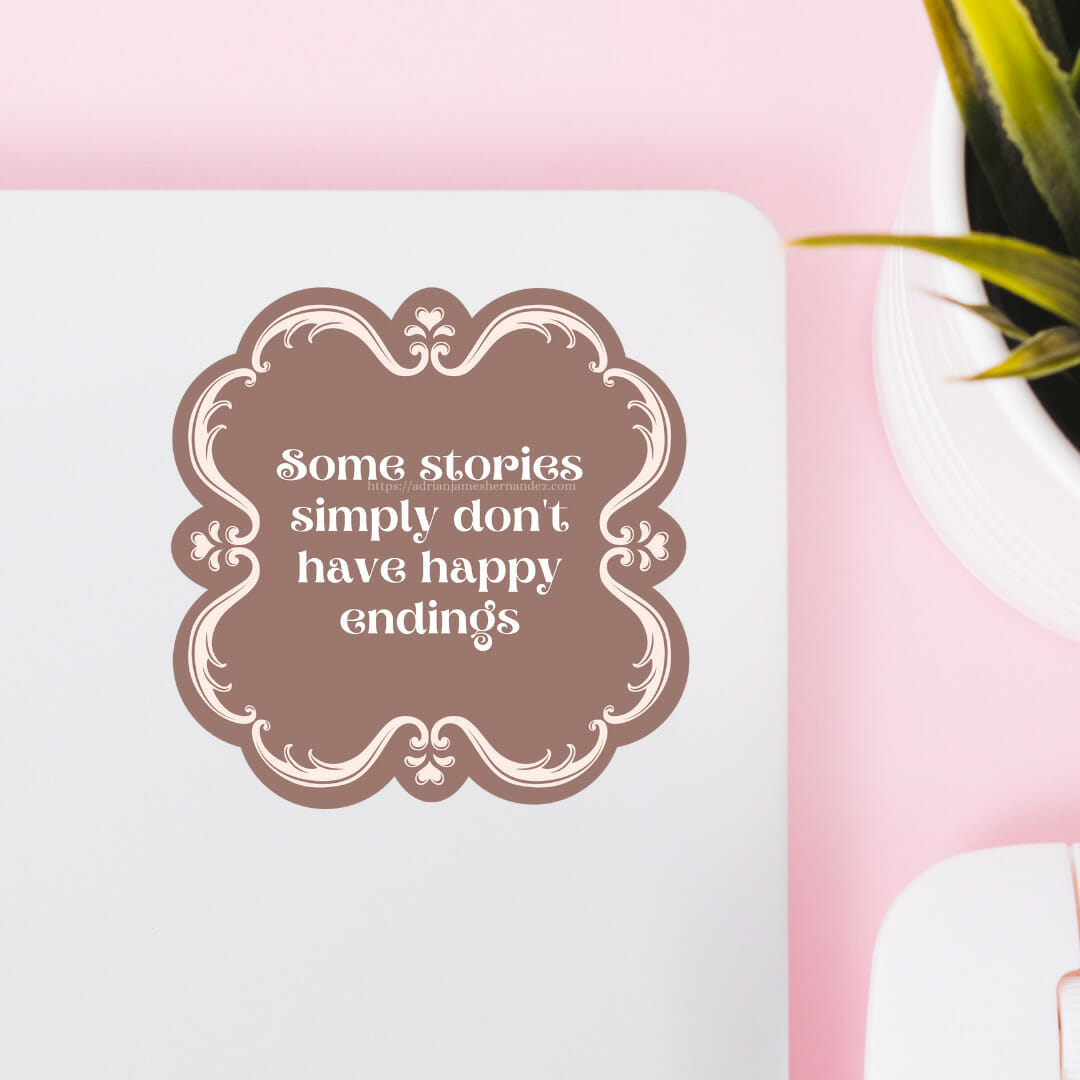
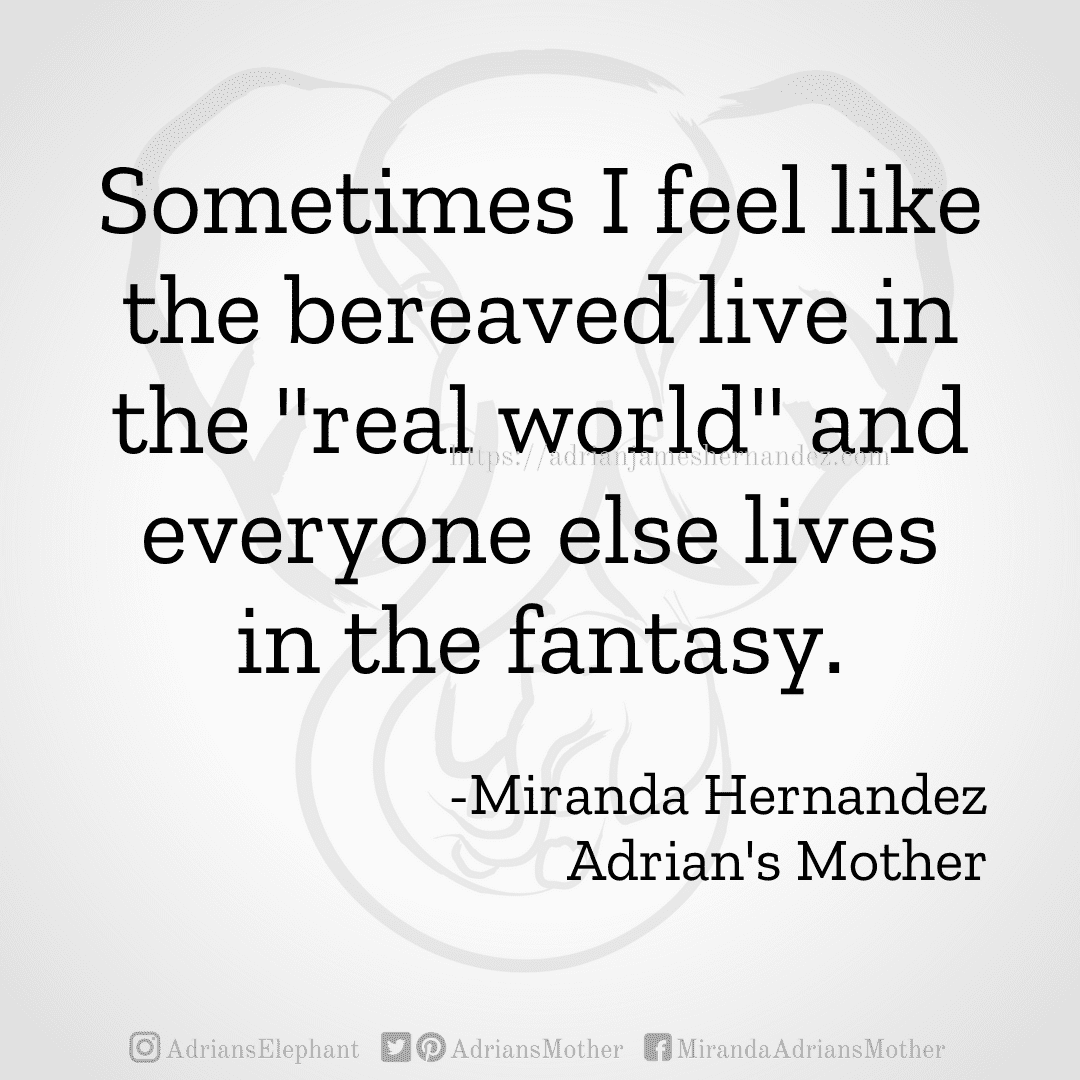
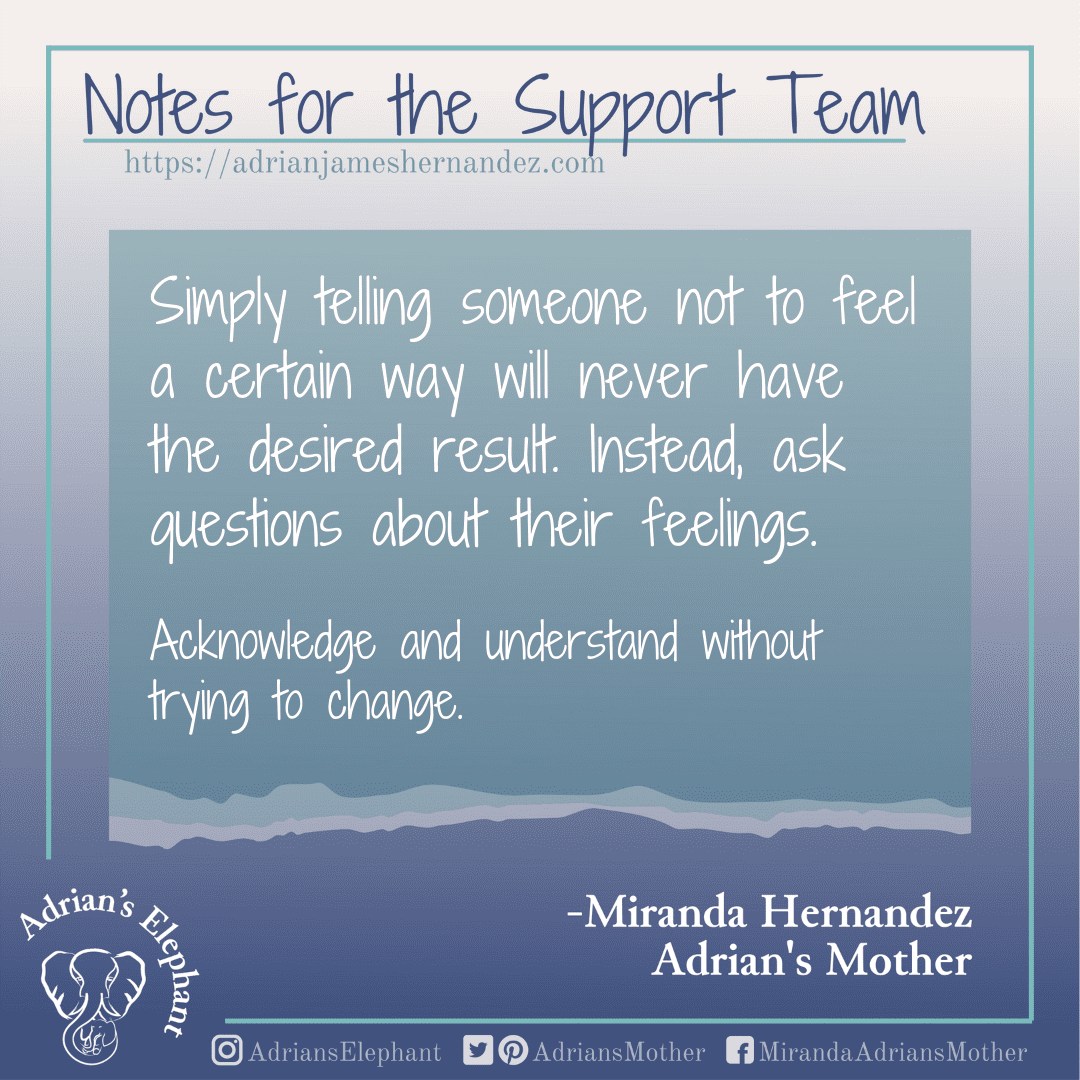
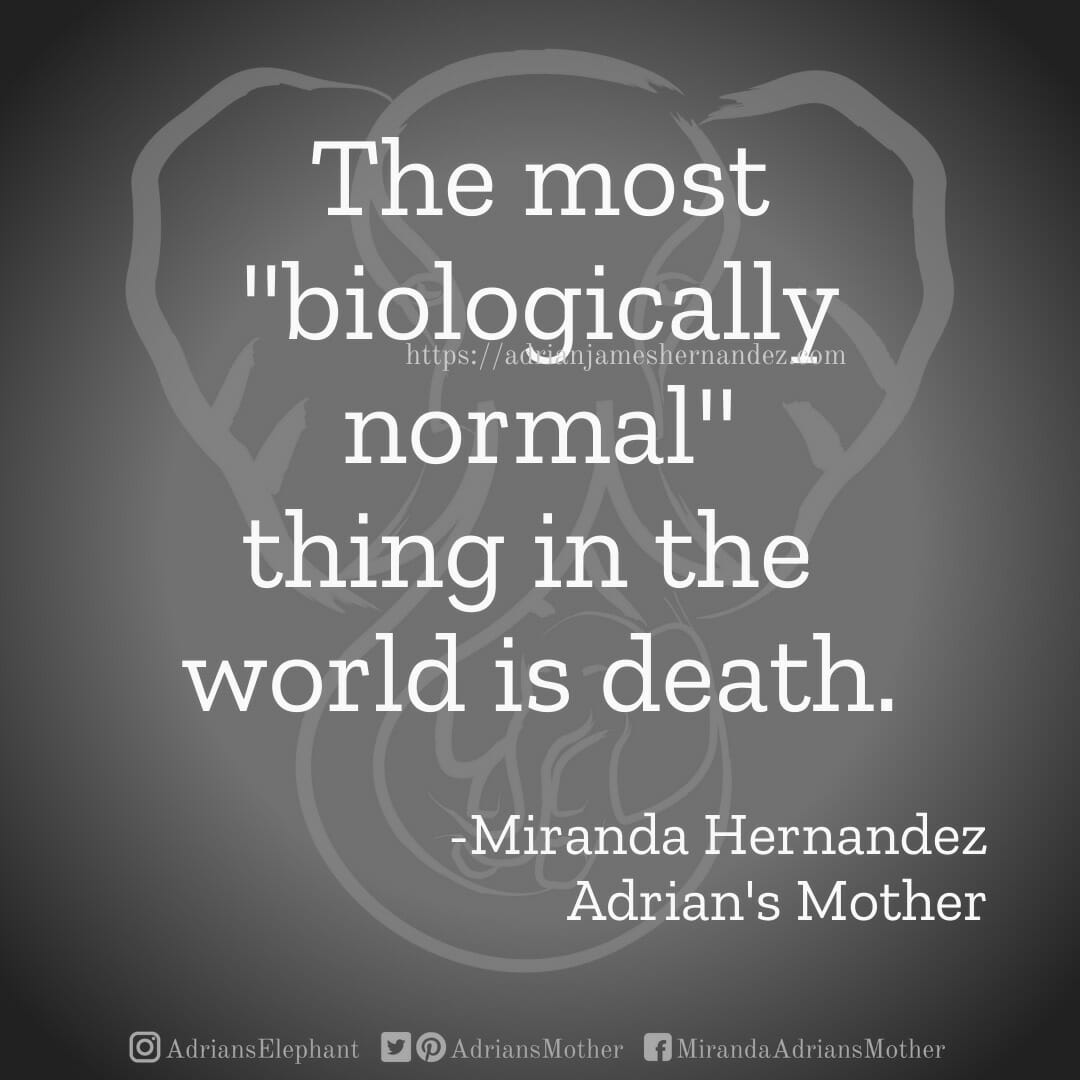

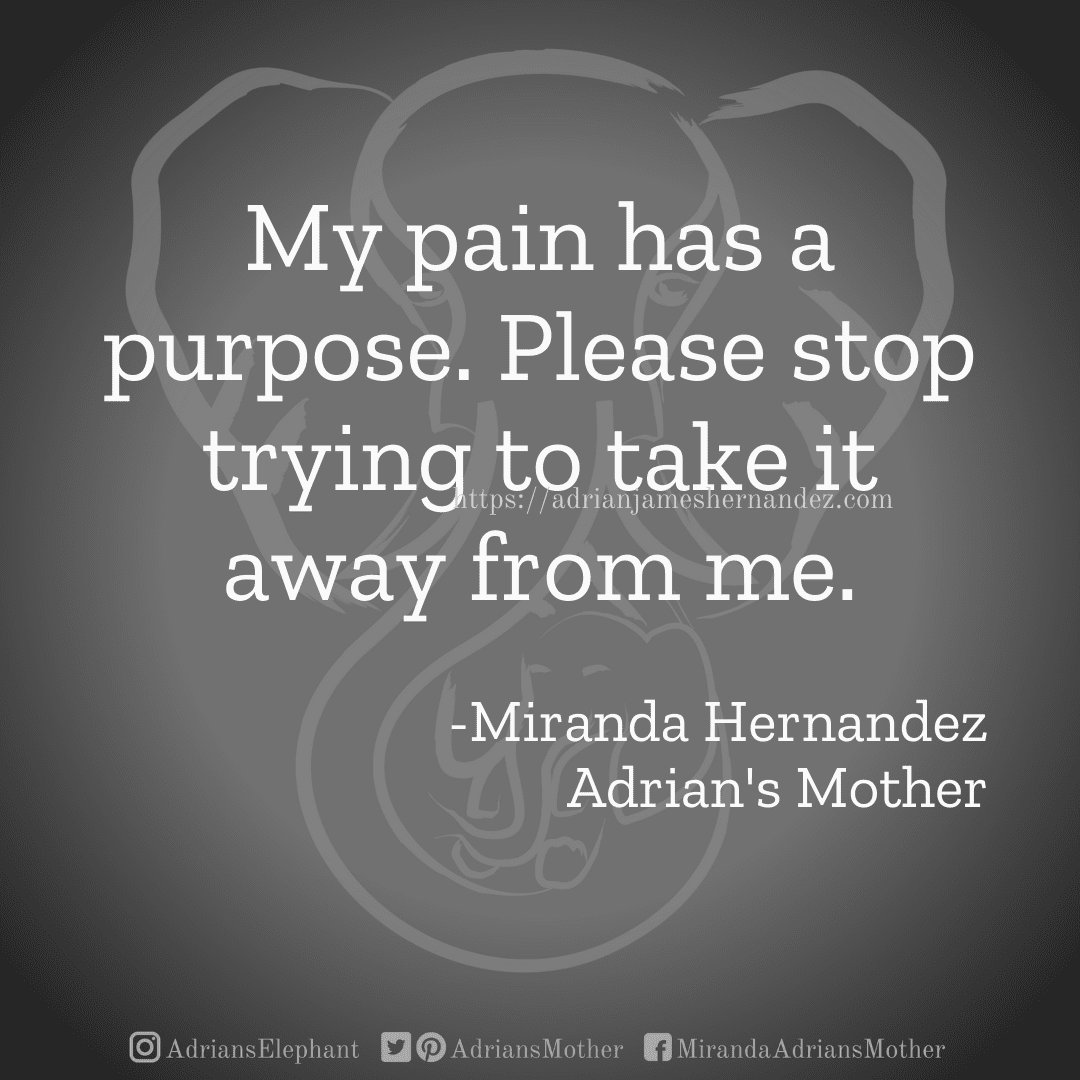

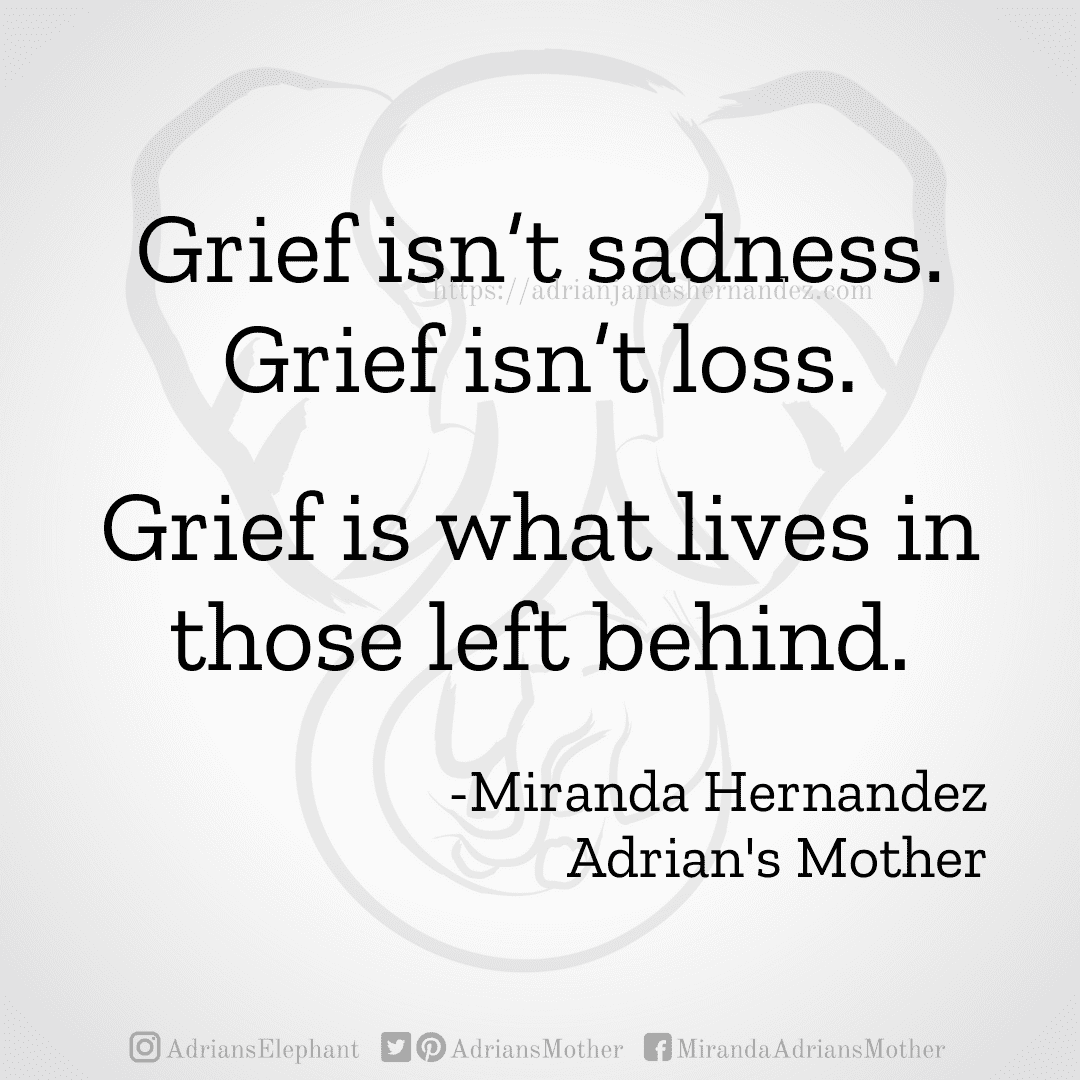

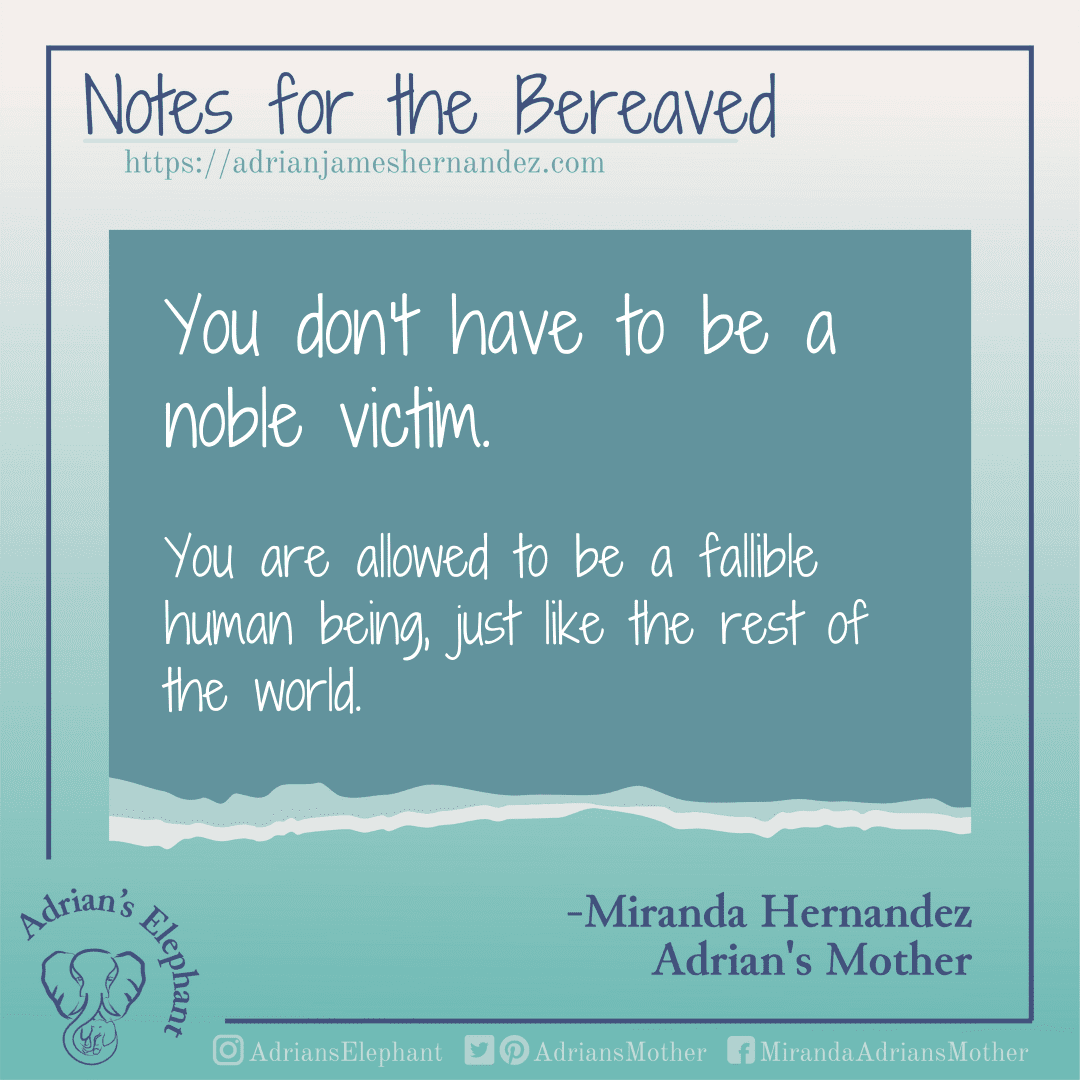
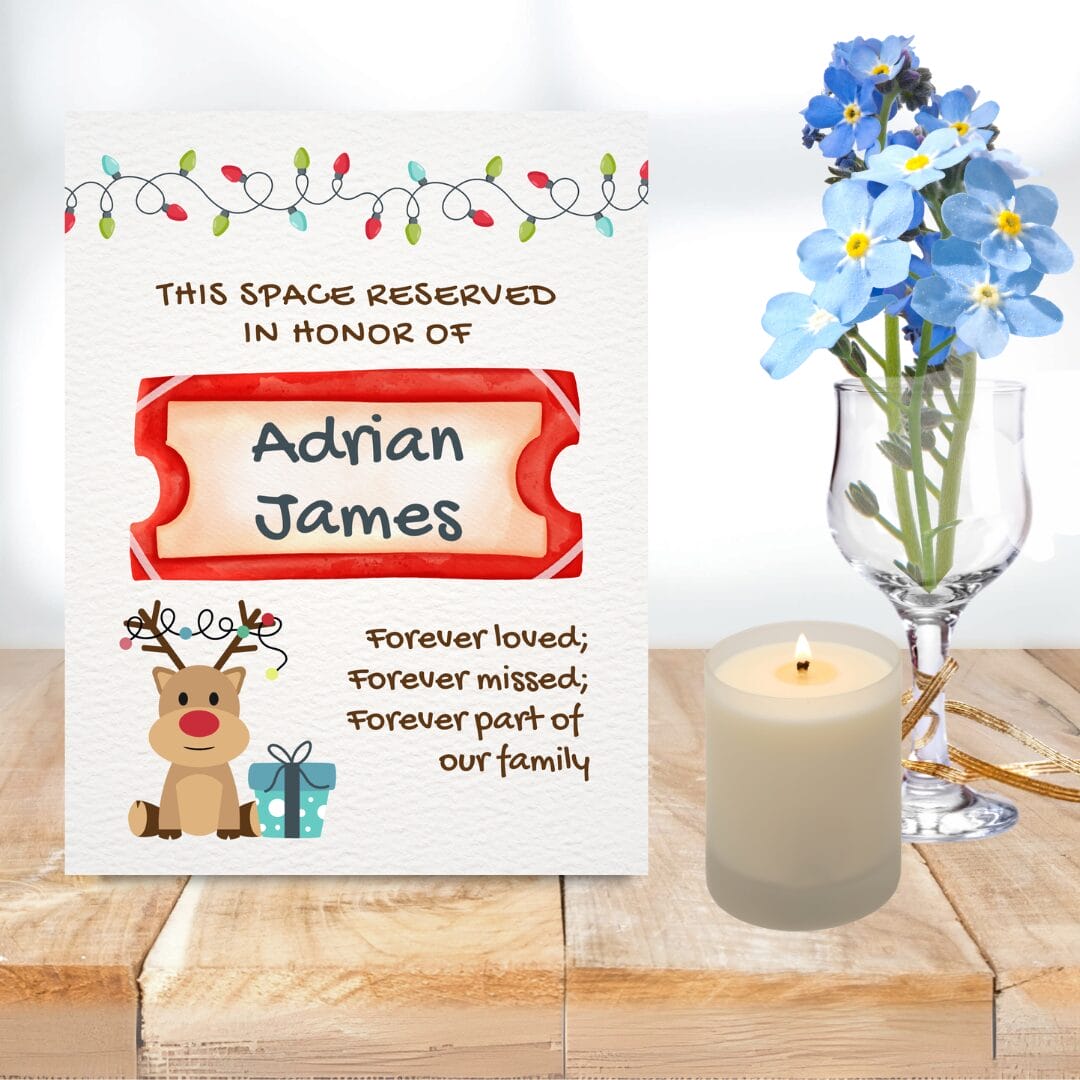



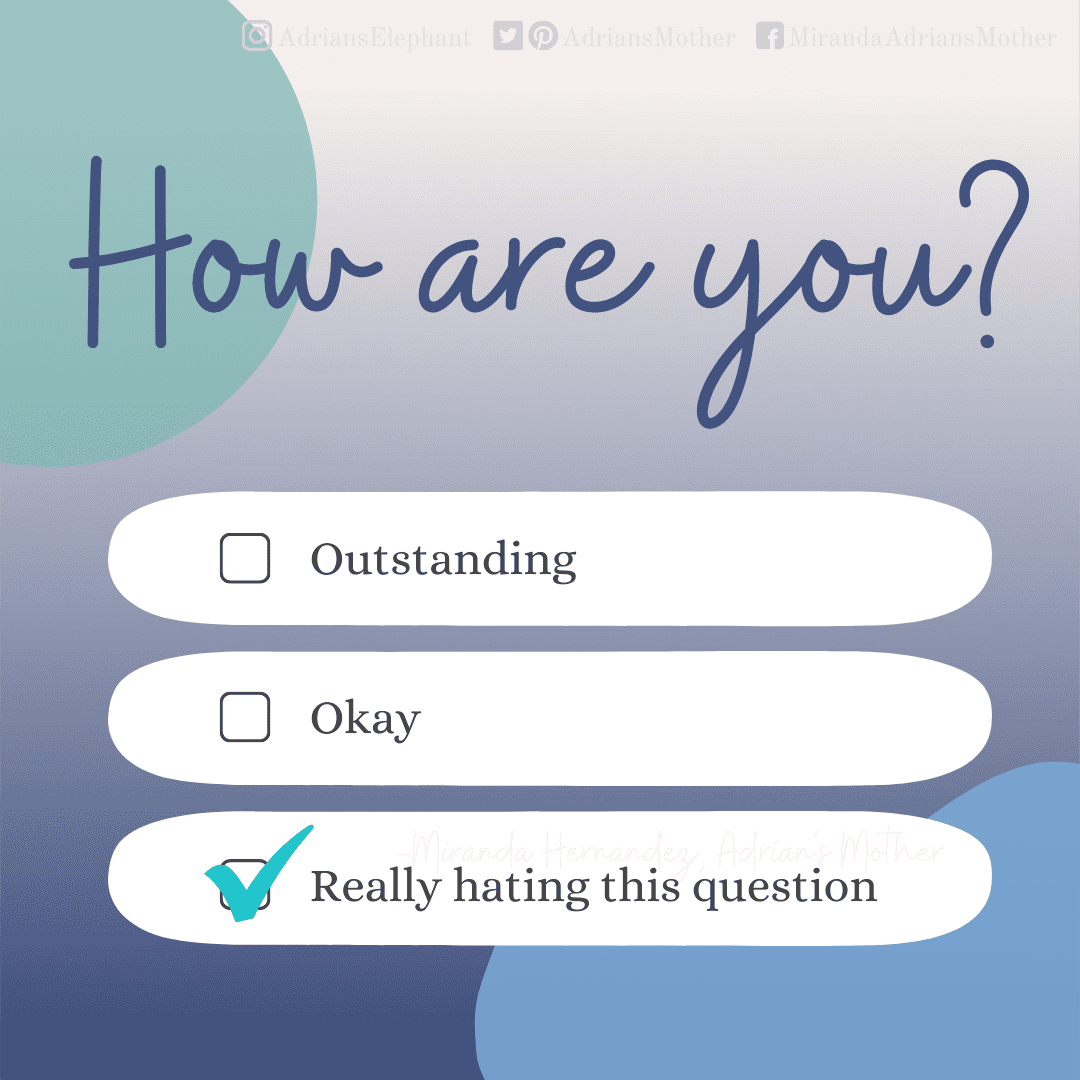

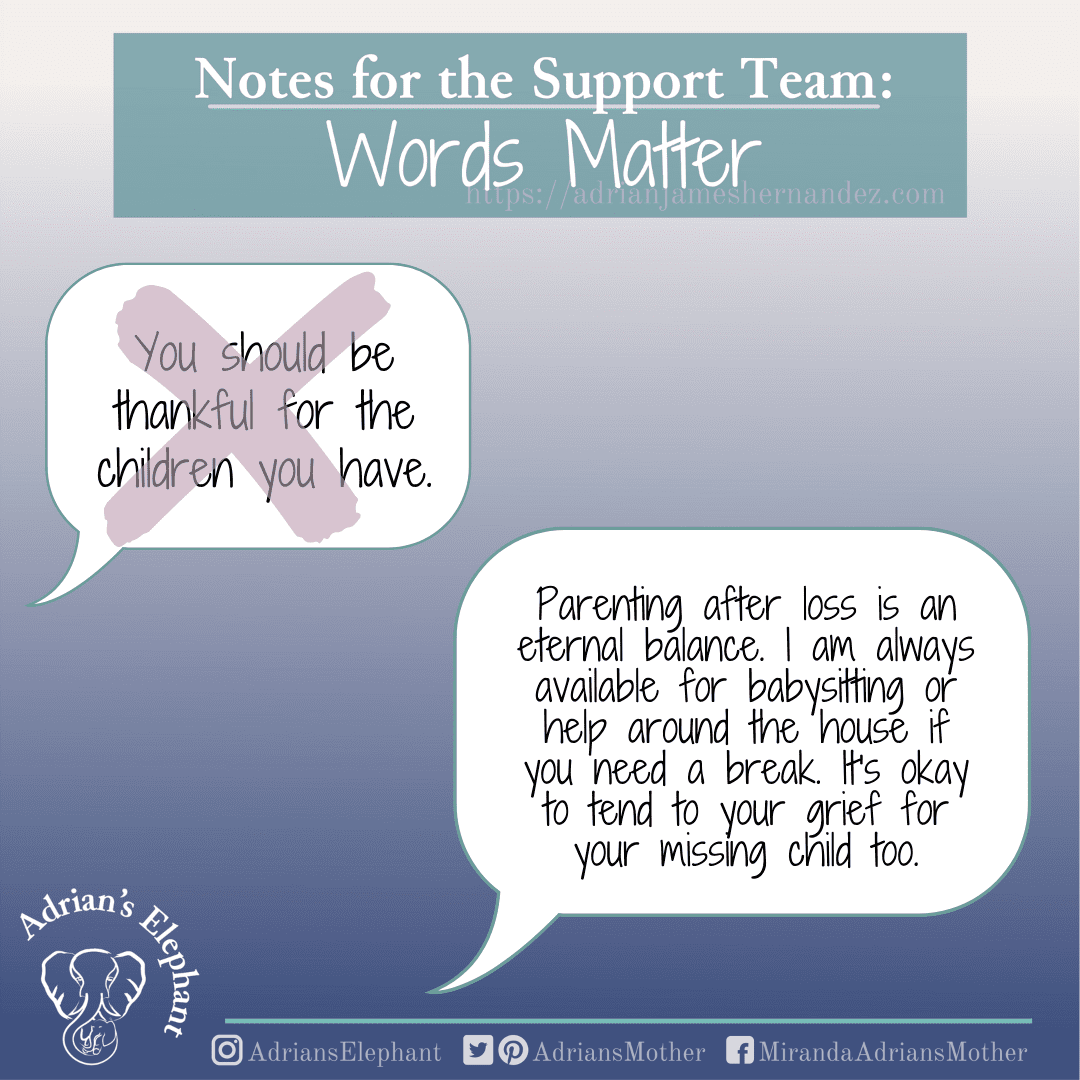



![Birthday message for deceased child card: Happy Birthday, [Fill in name]. I love you - Sea Glass Parenting](https://adrianselephantpanda2.s3.amazonaws.com/wp-content/uploads/2022/06/26130207/SGPCardFlat-Happy-Birthday-I-Love-You-Fill-In-Name-Birthday-Cake-IG-8.jpg)












